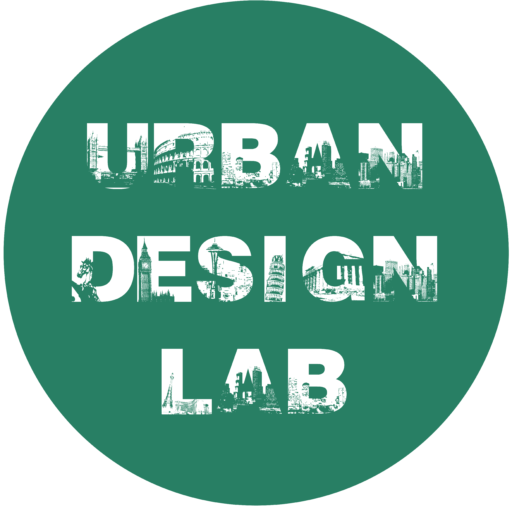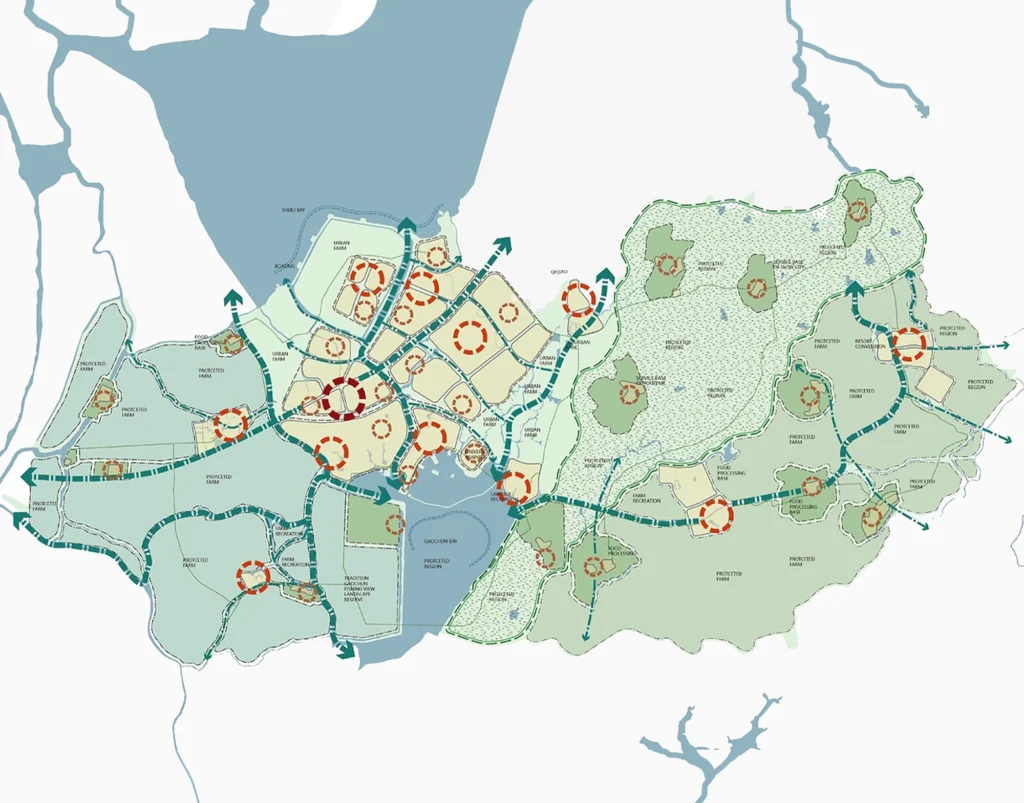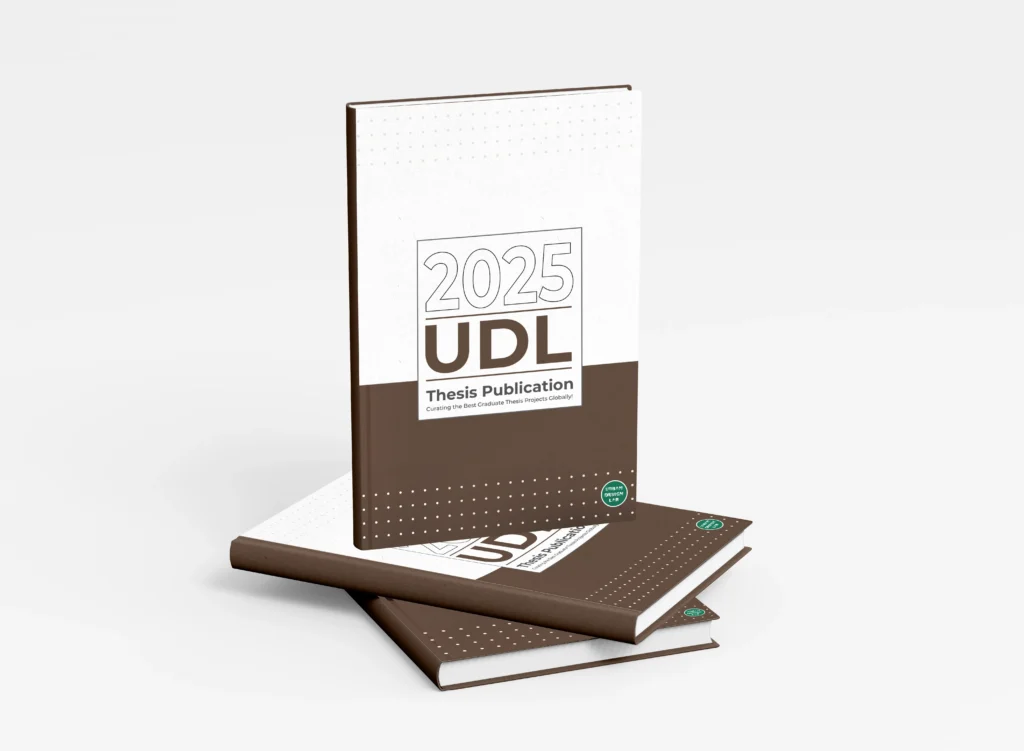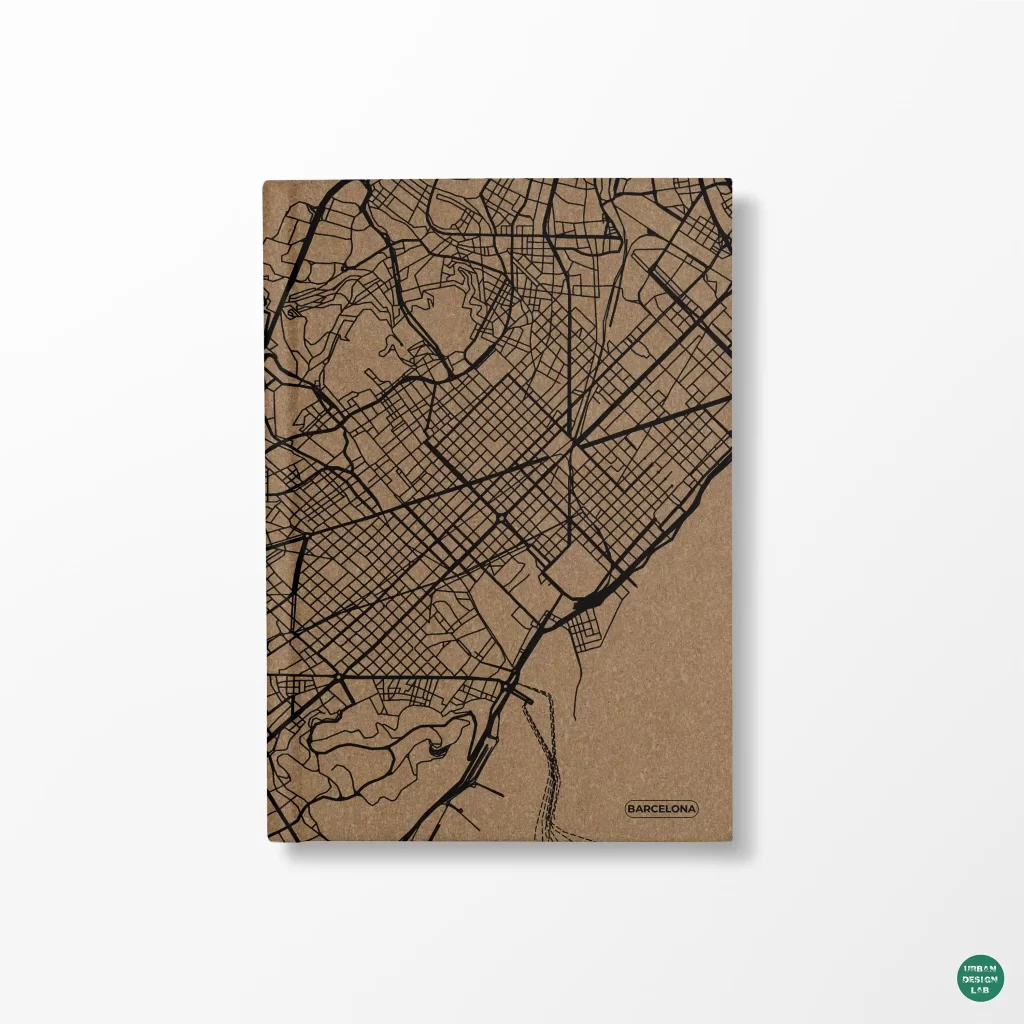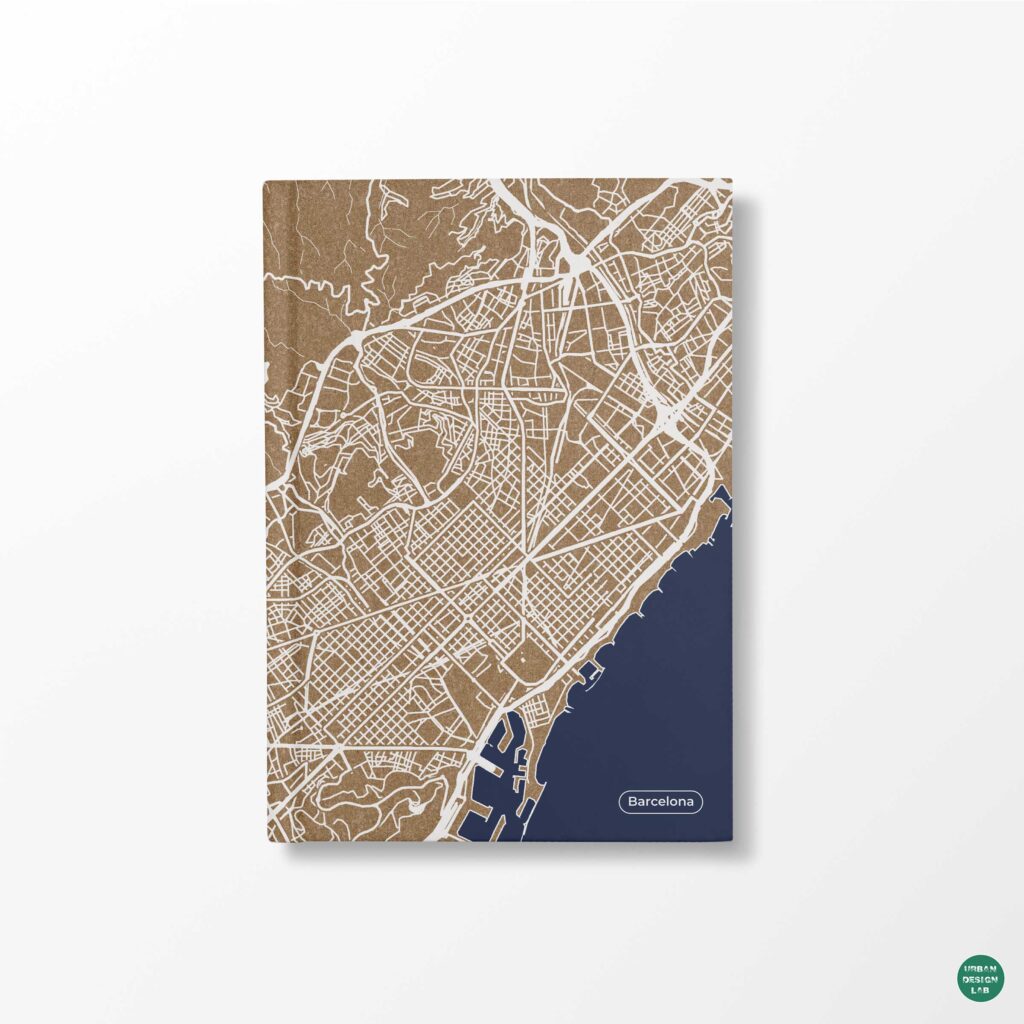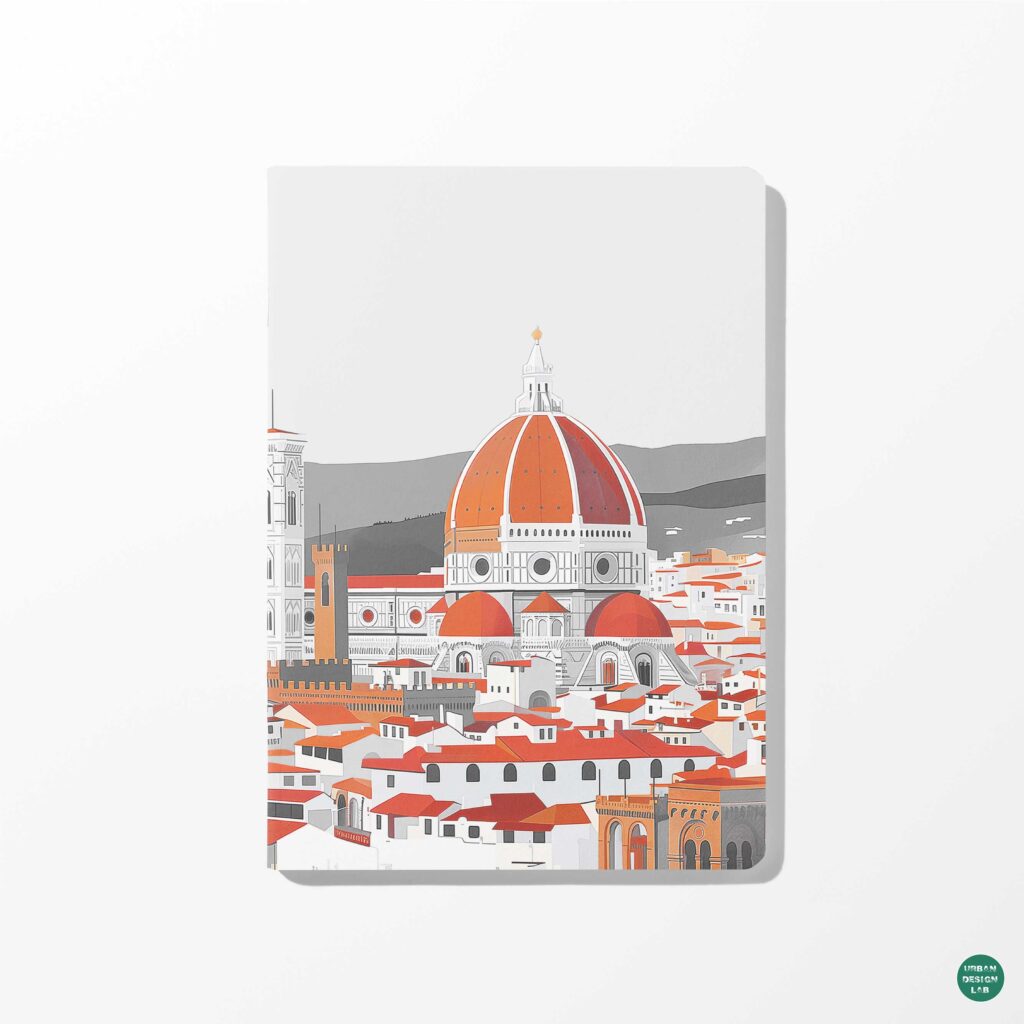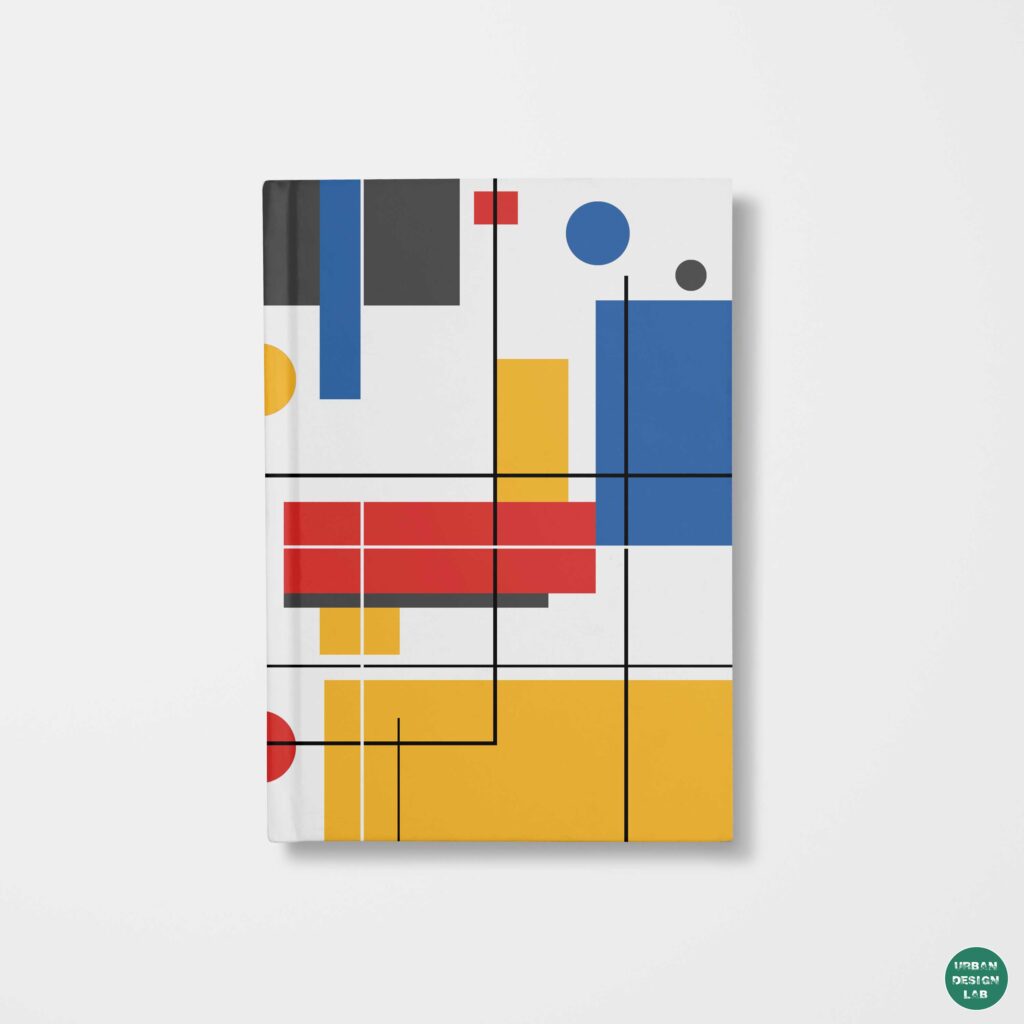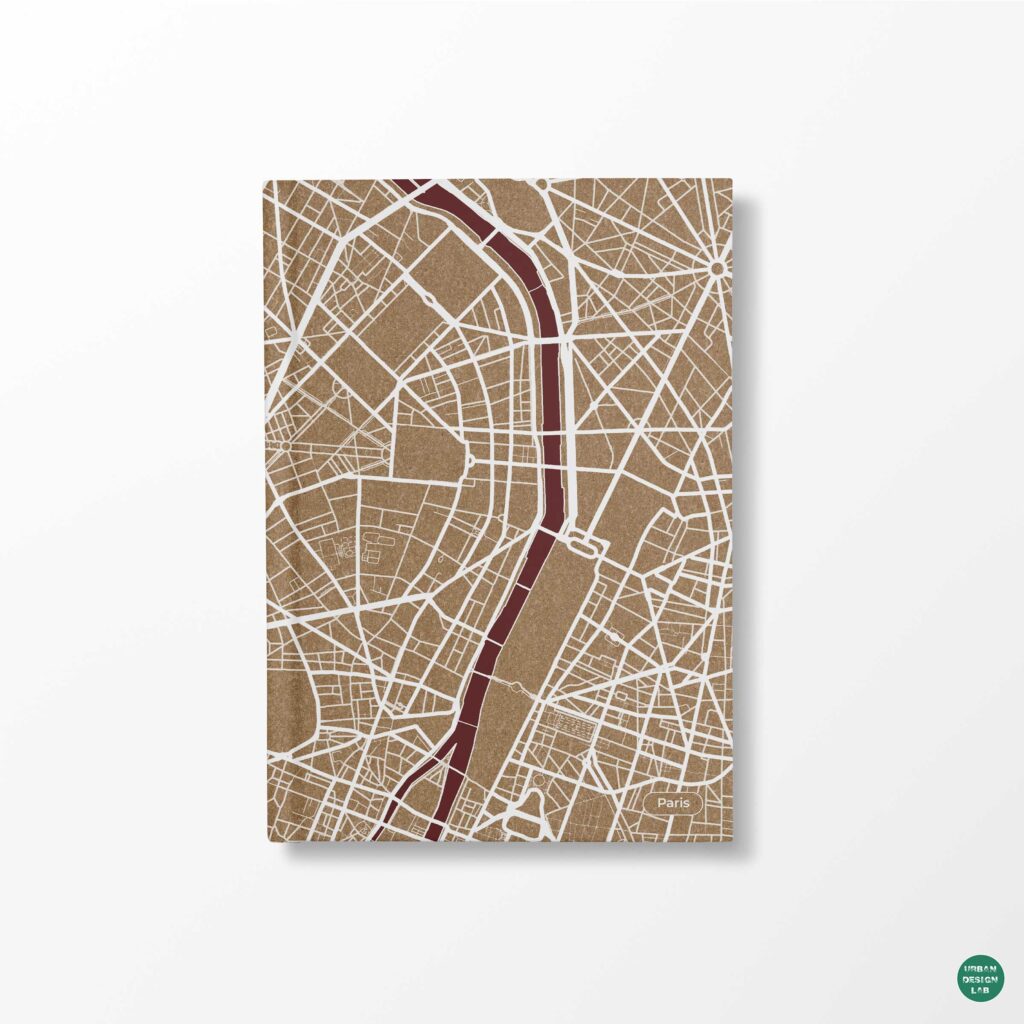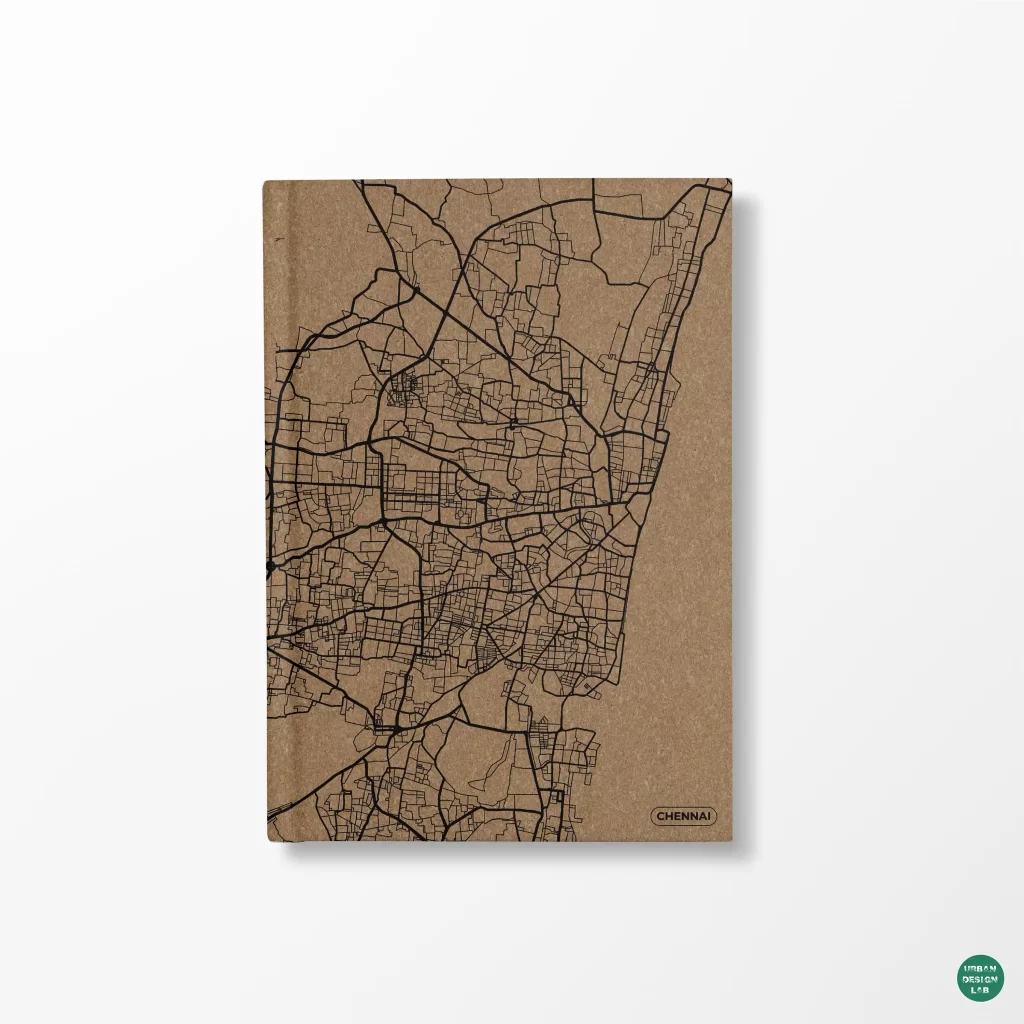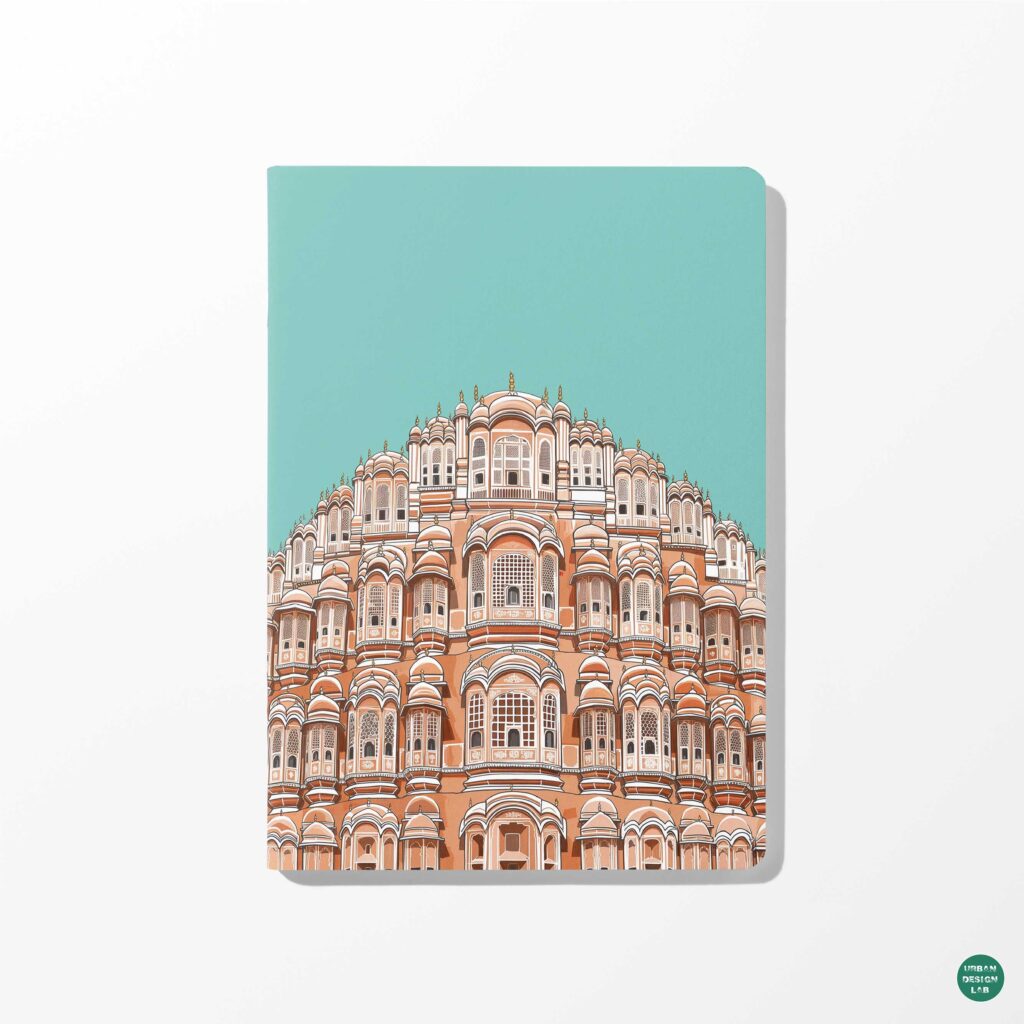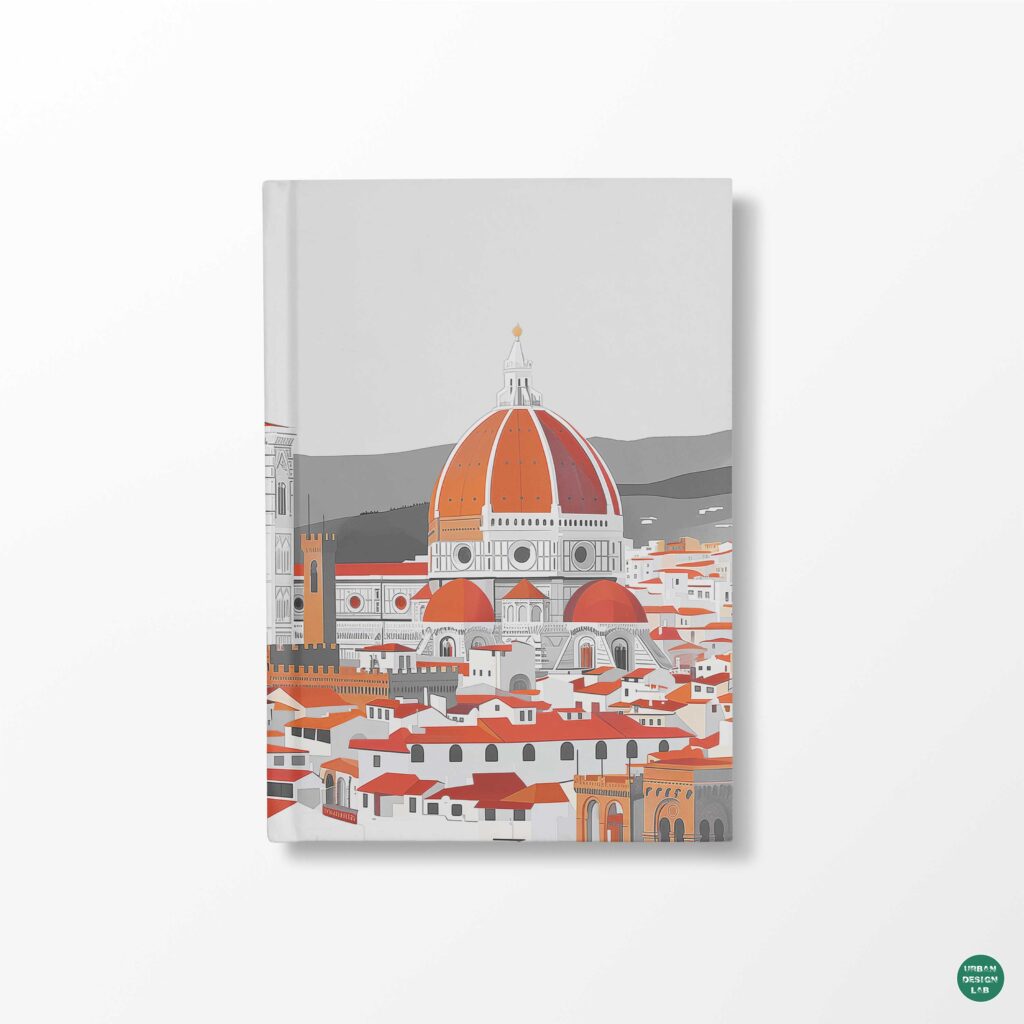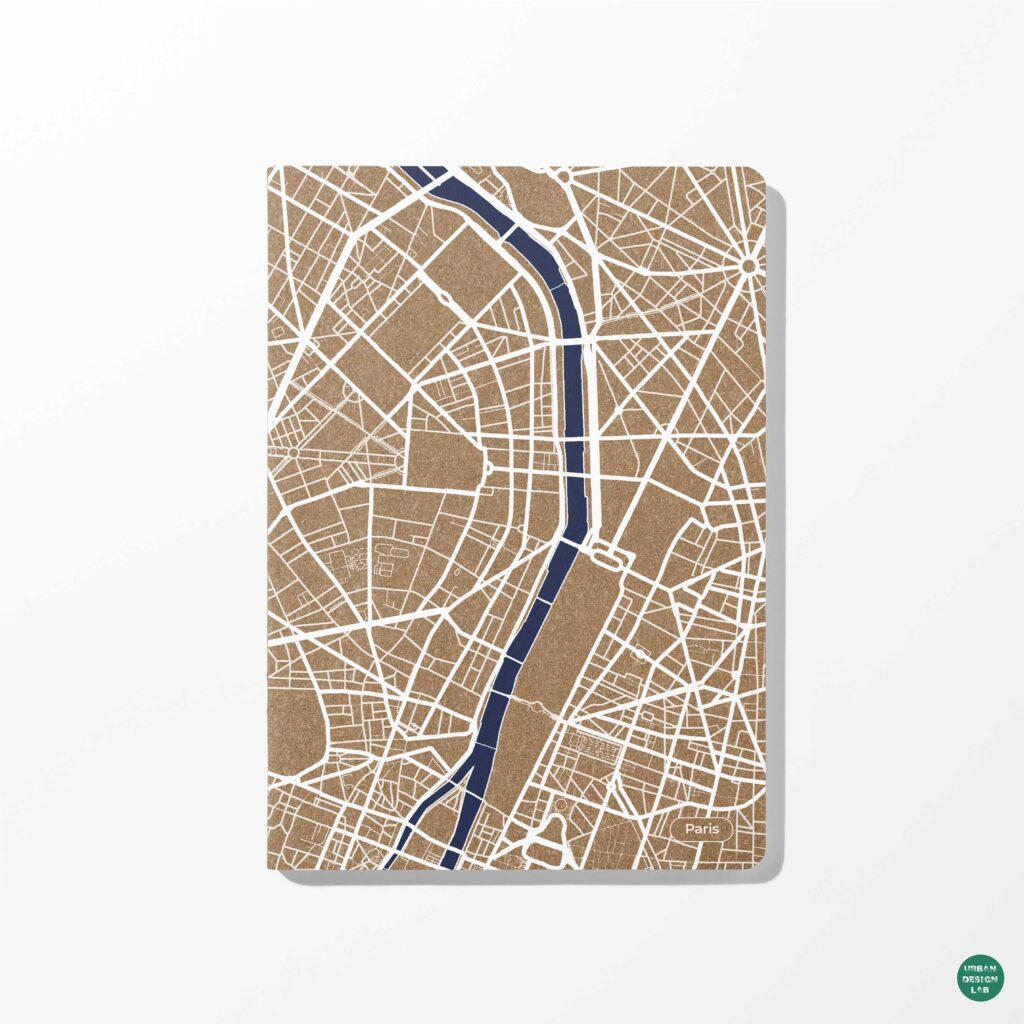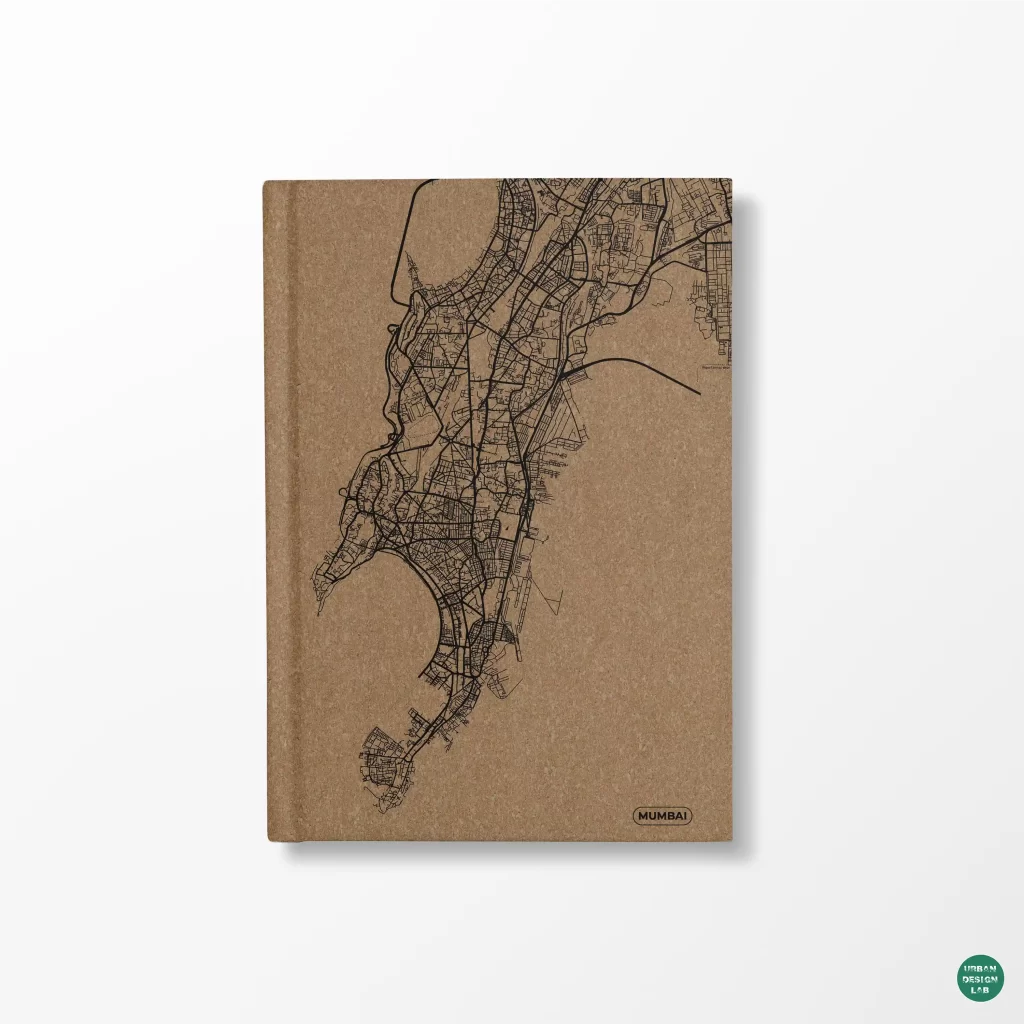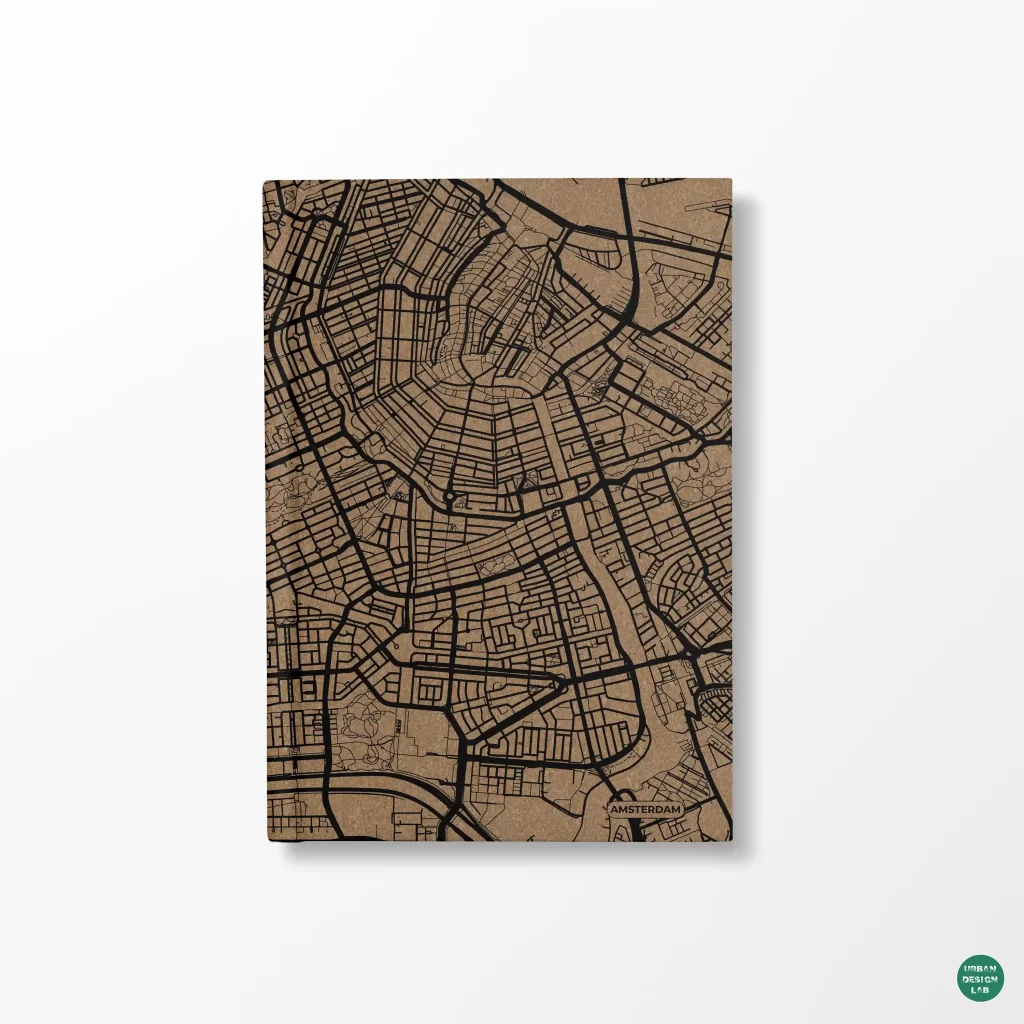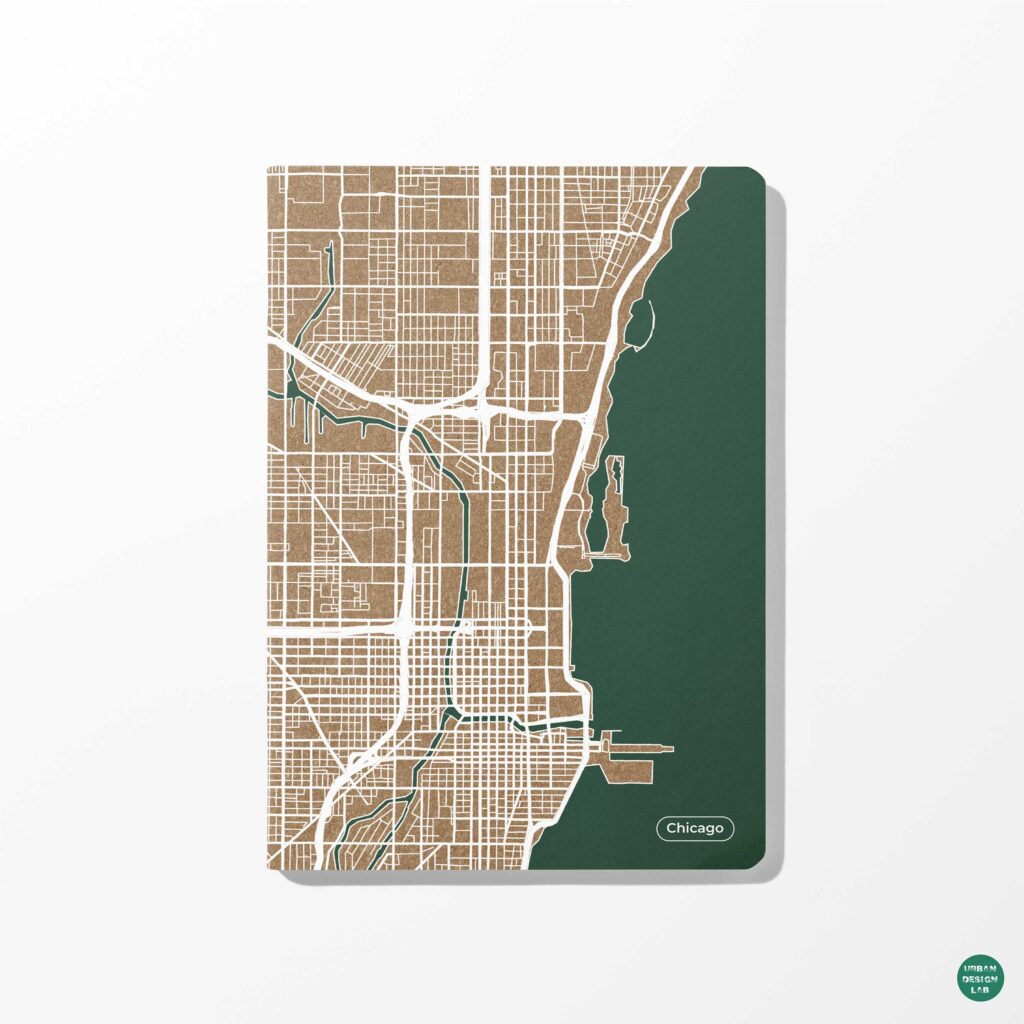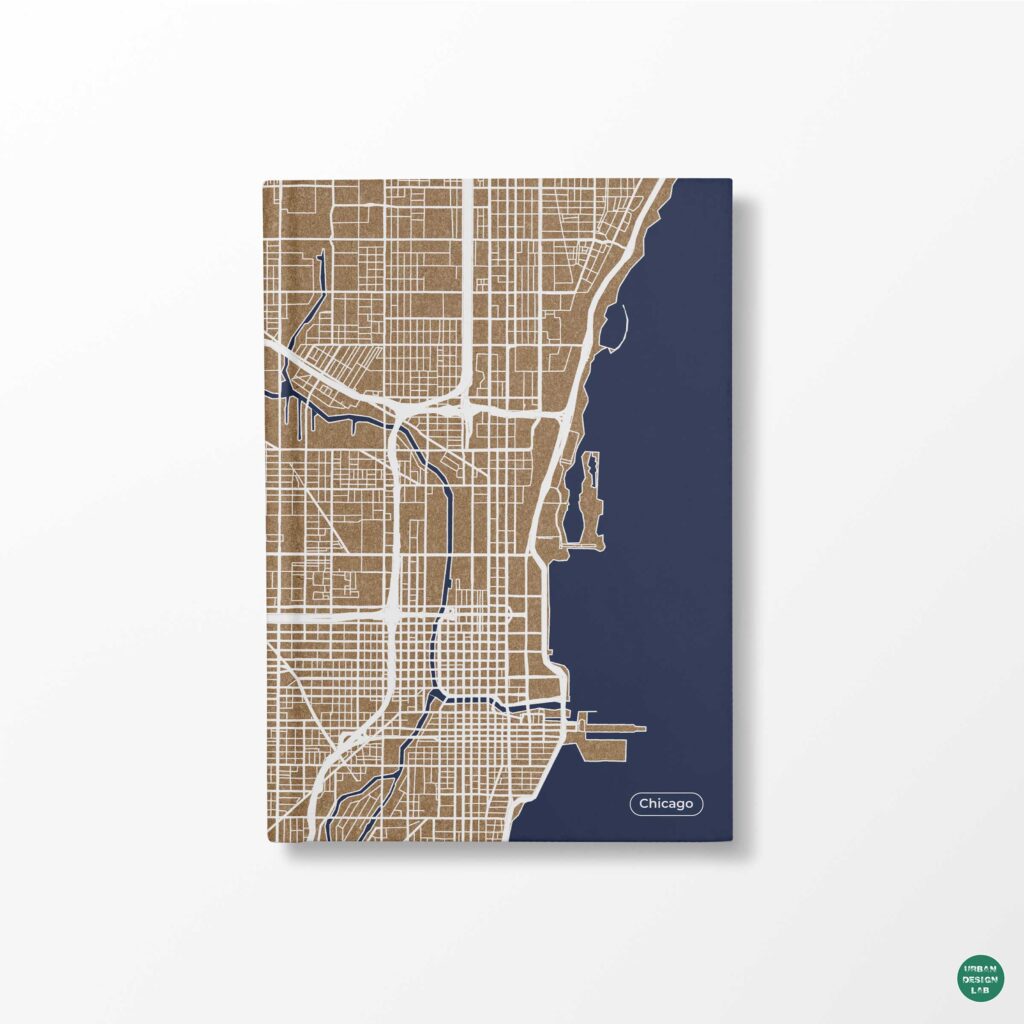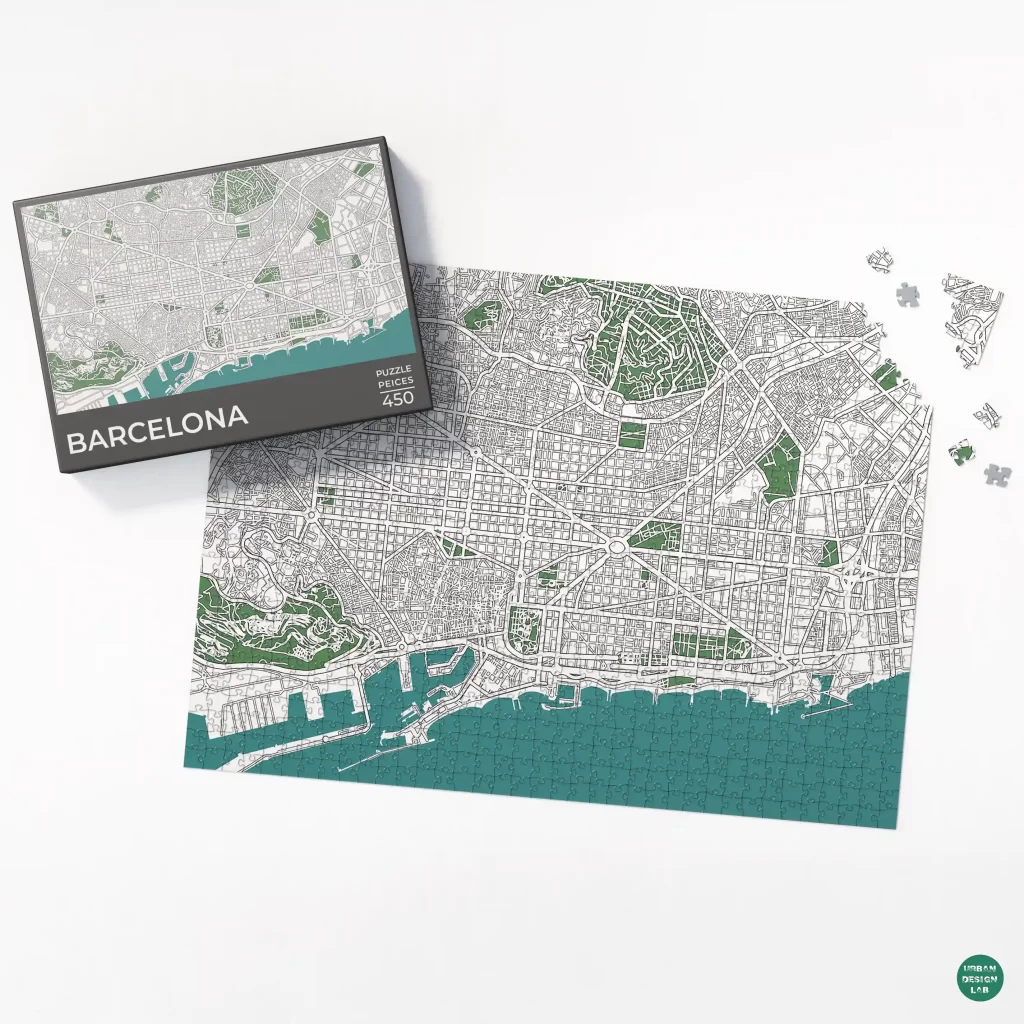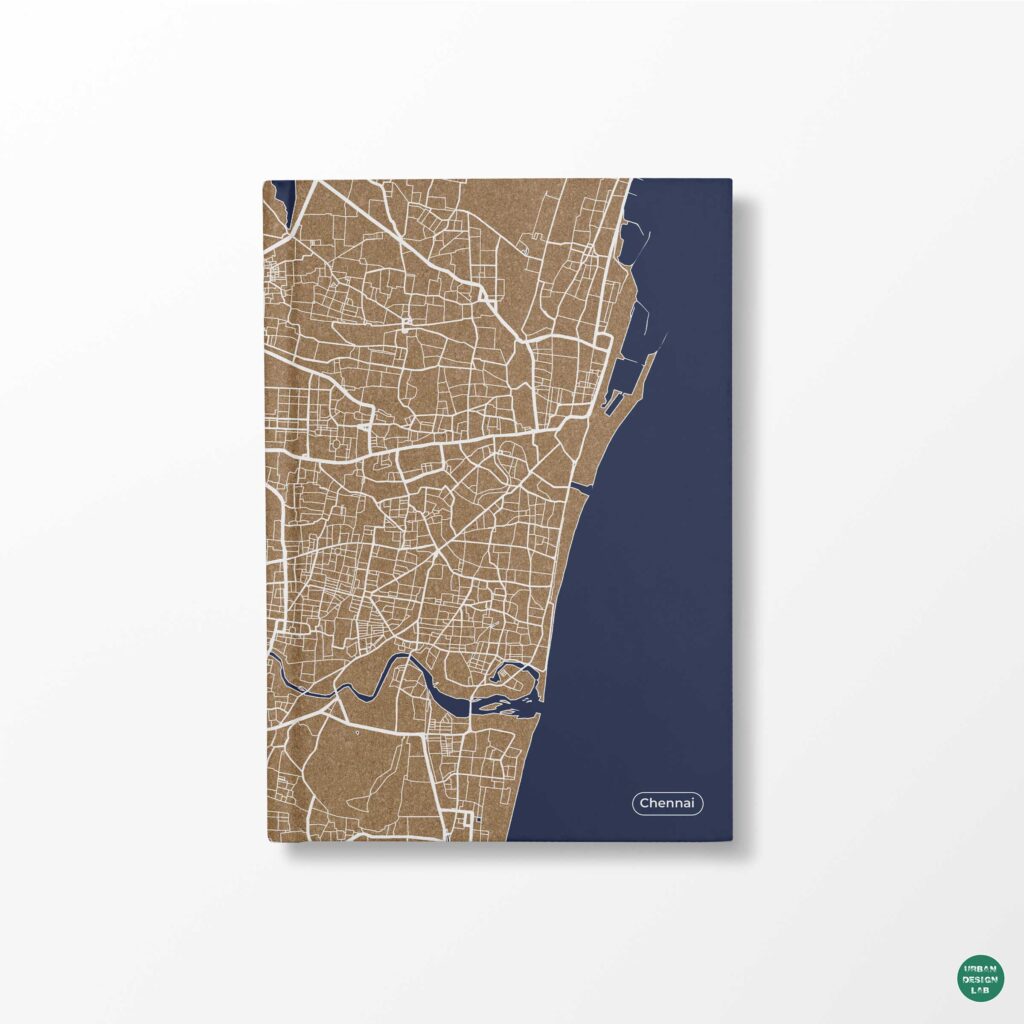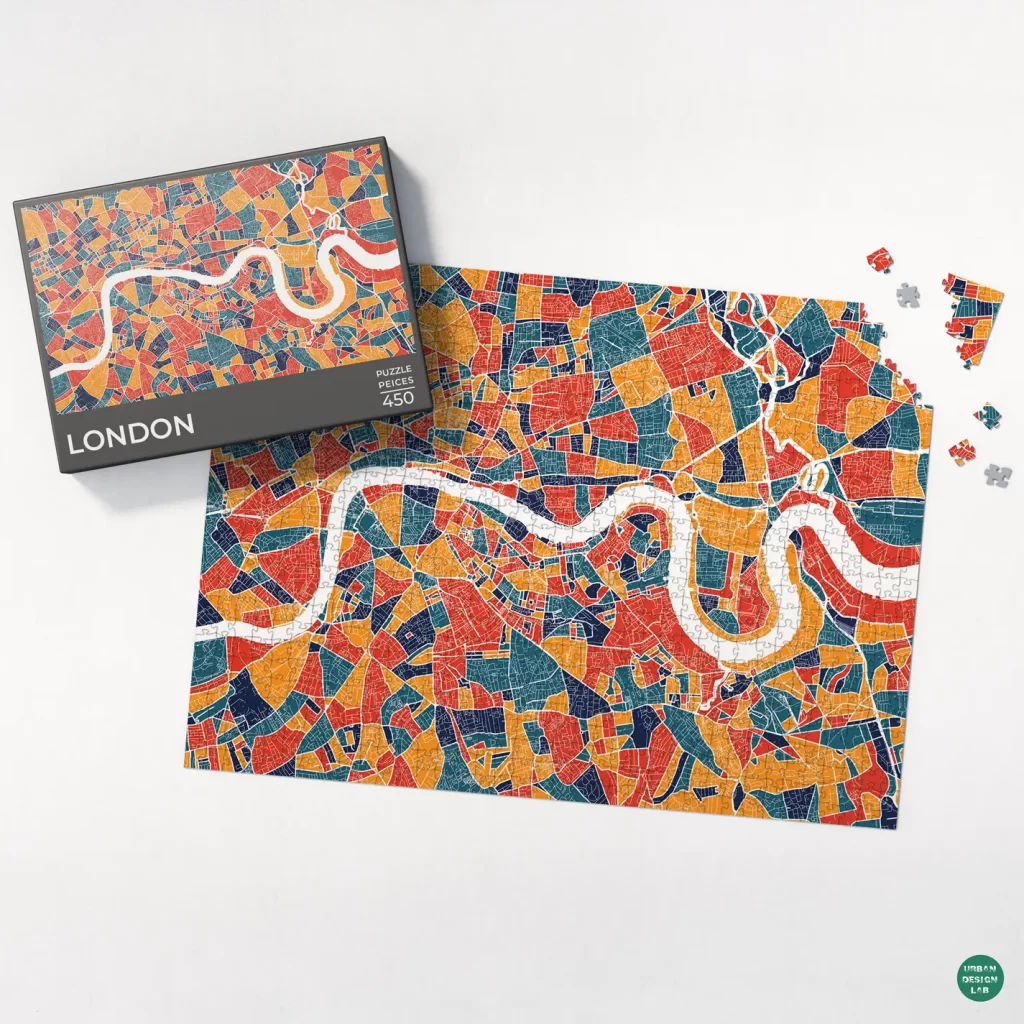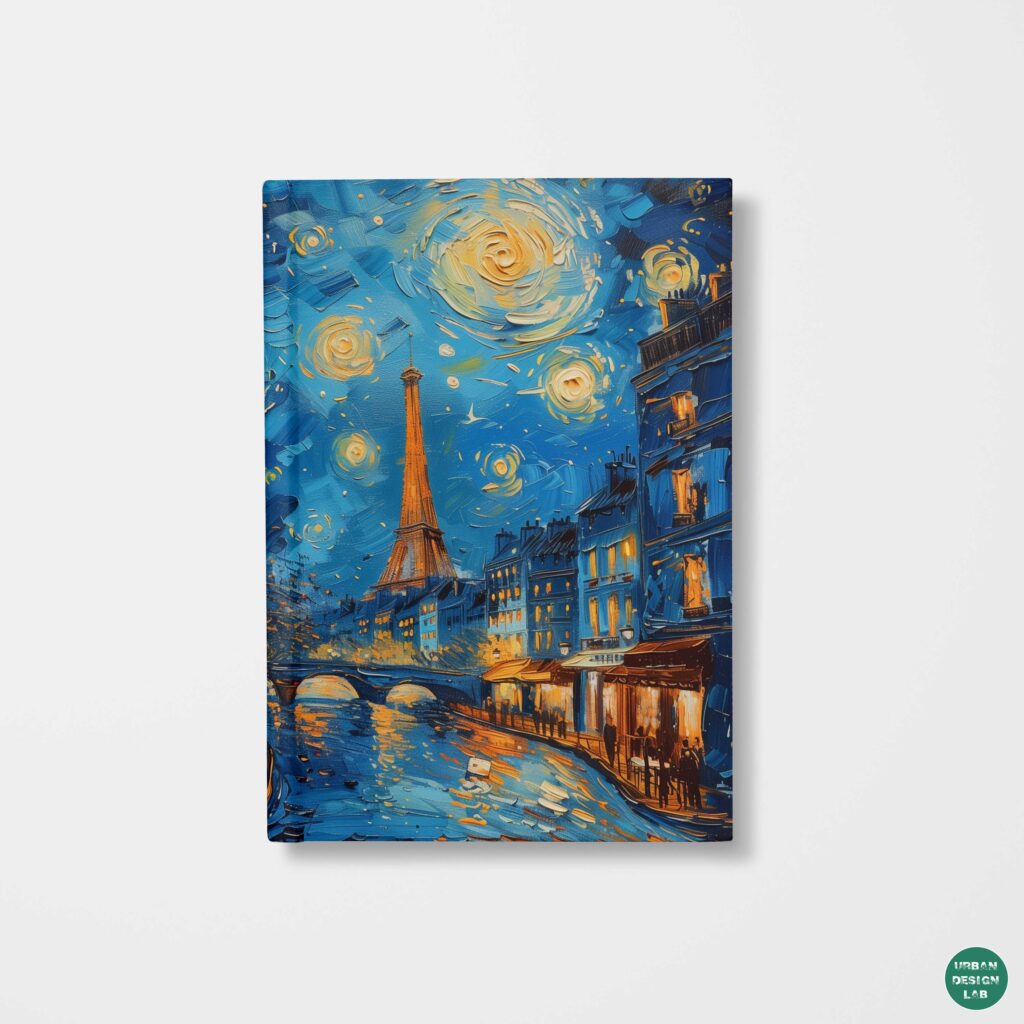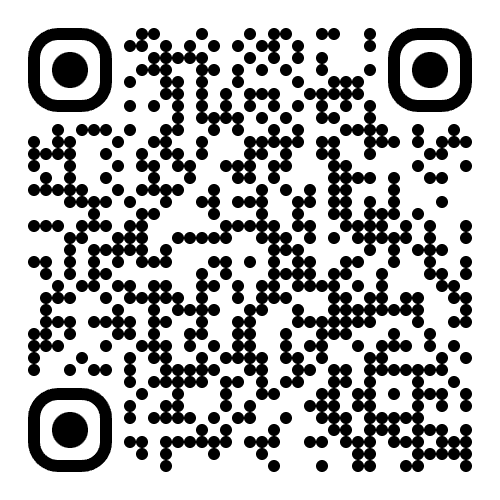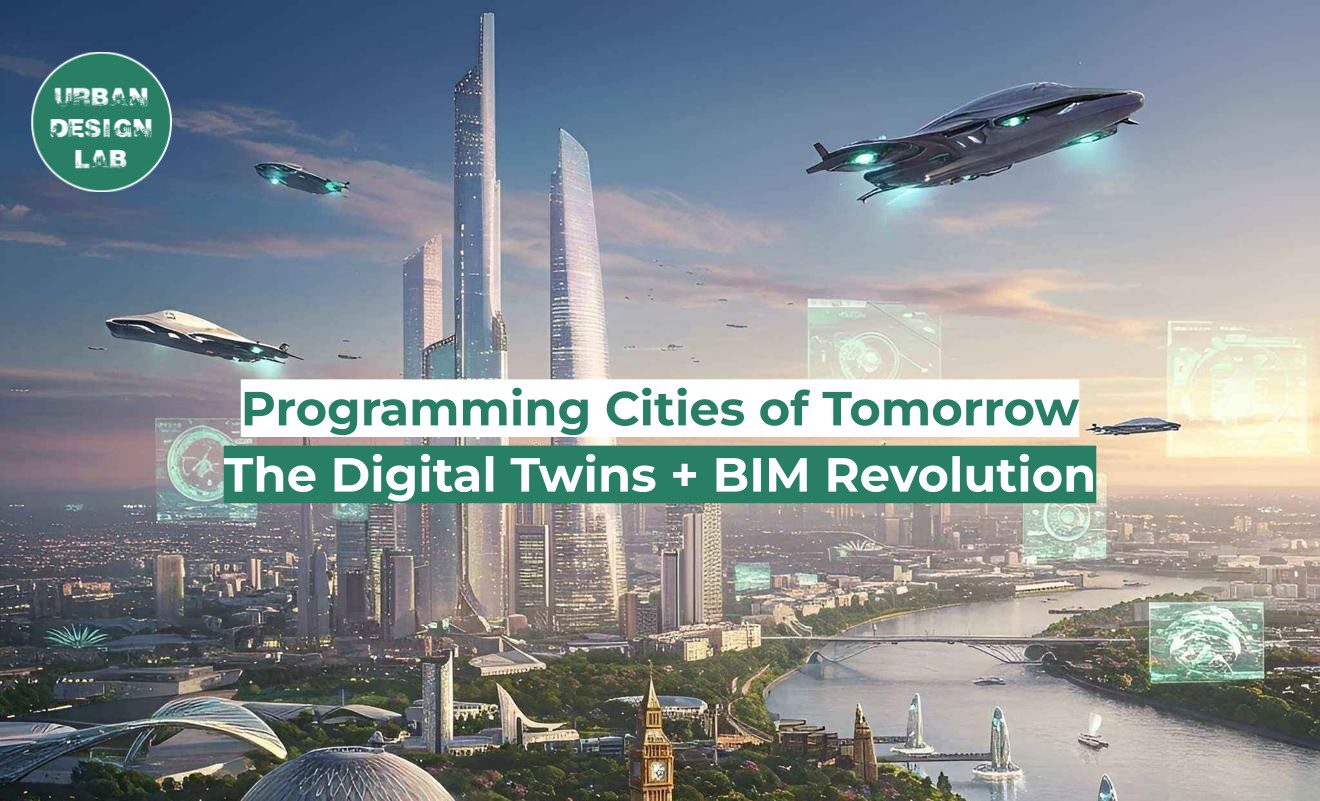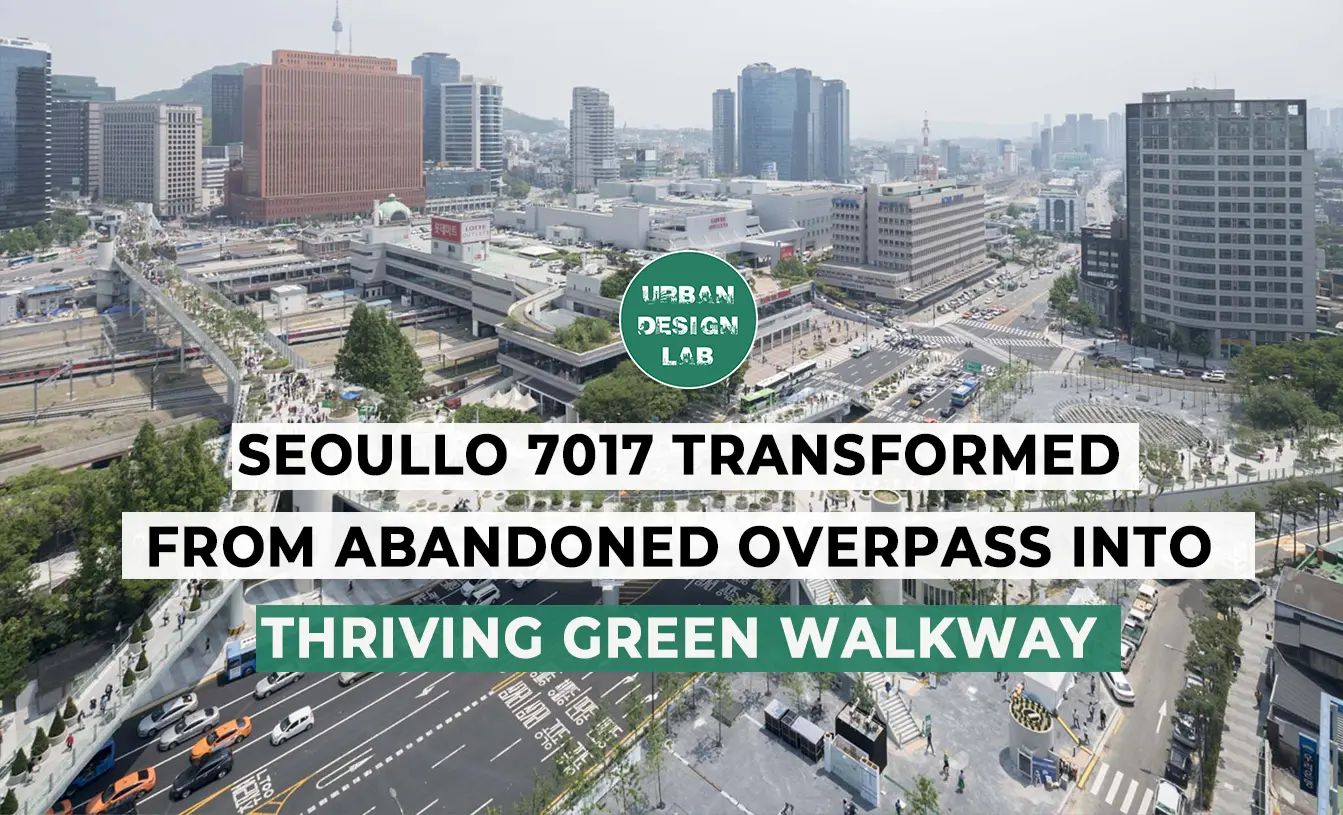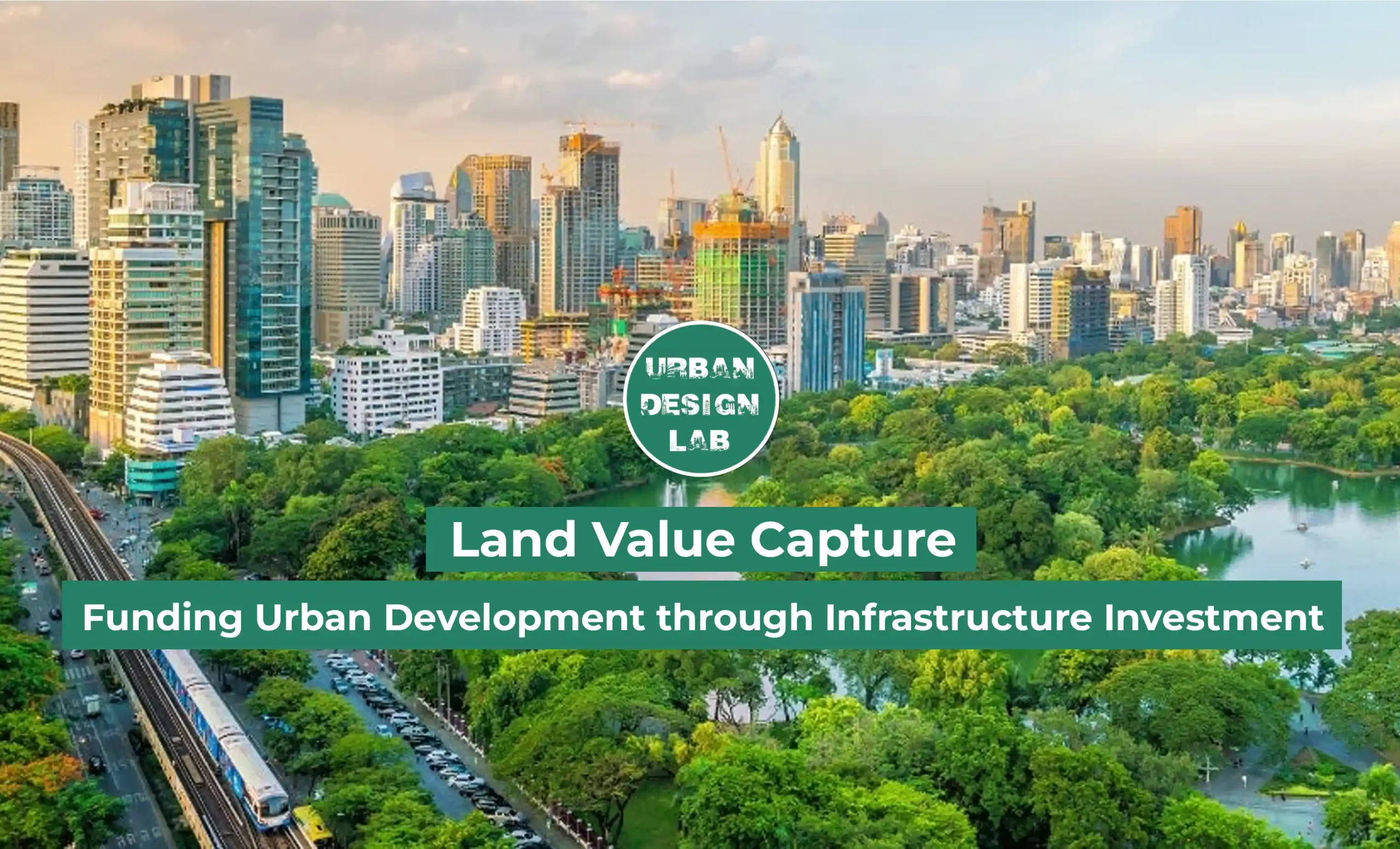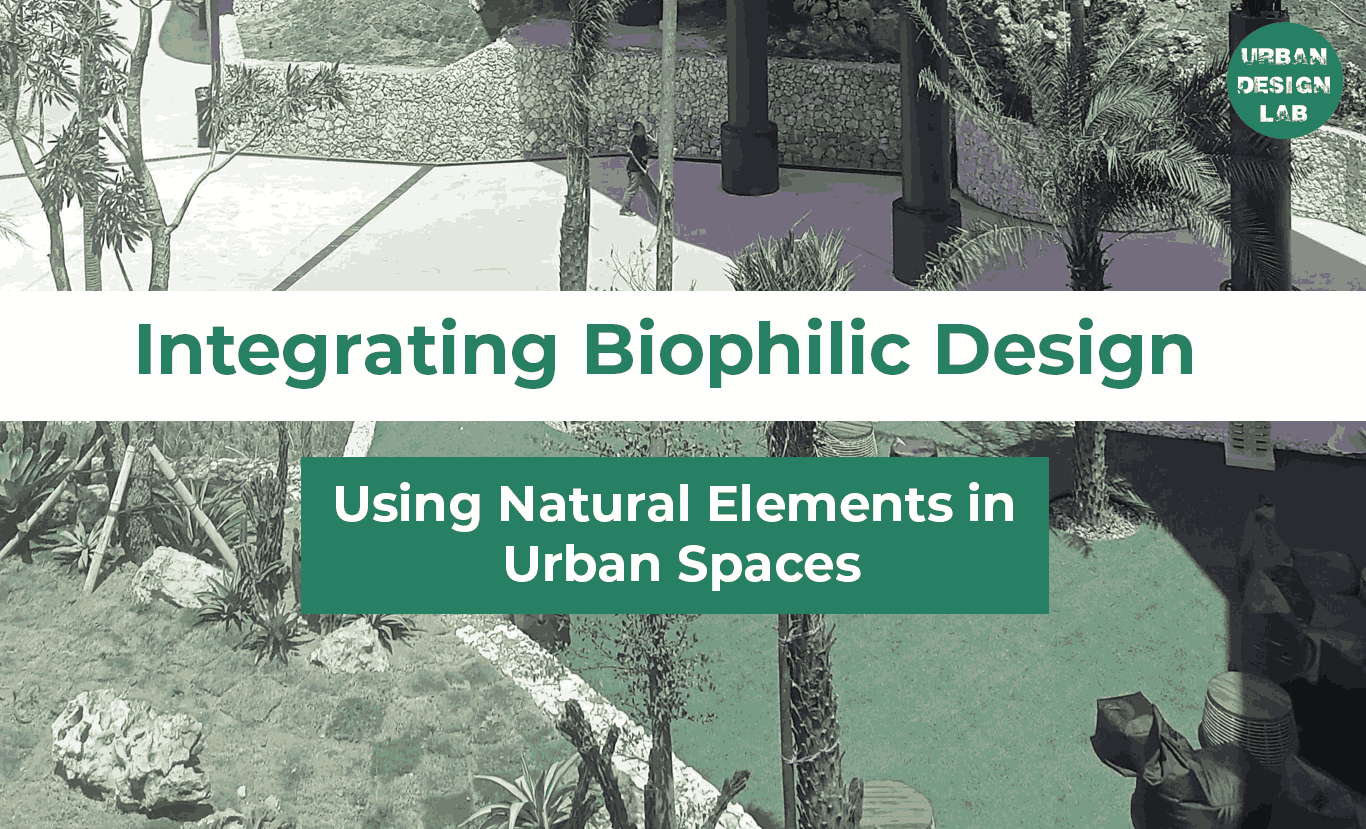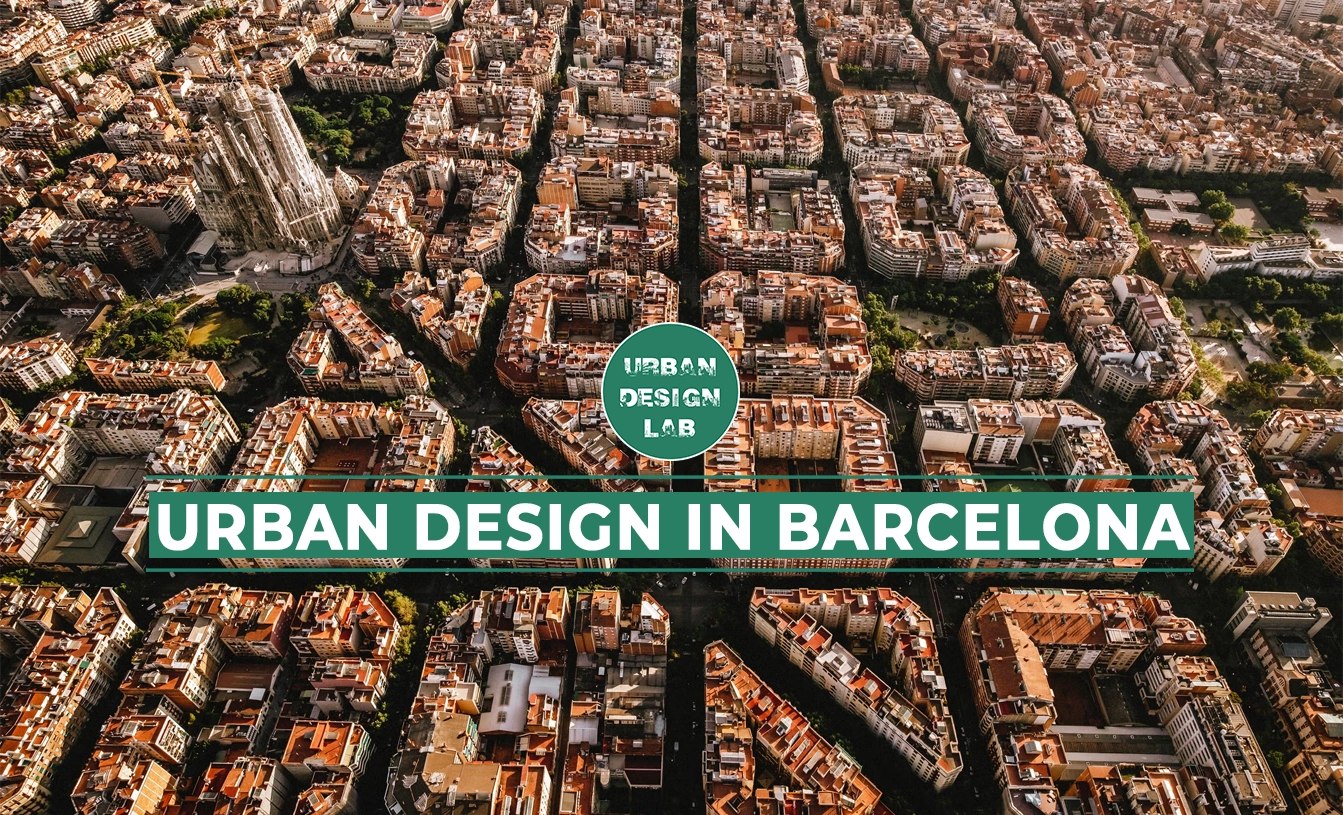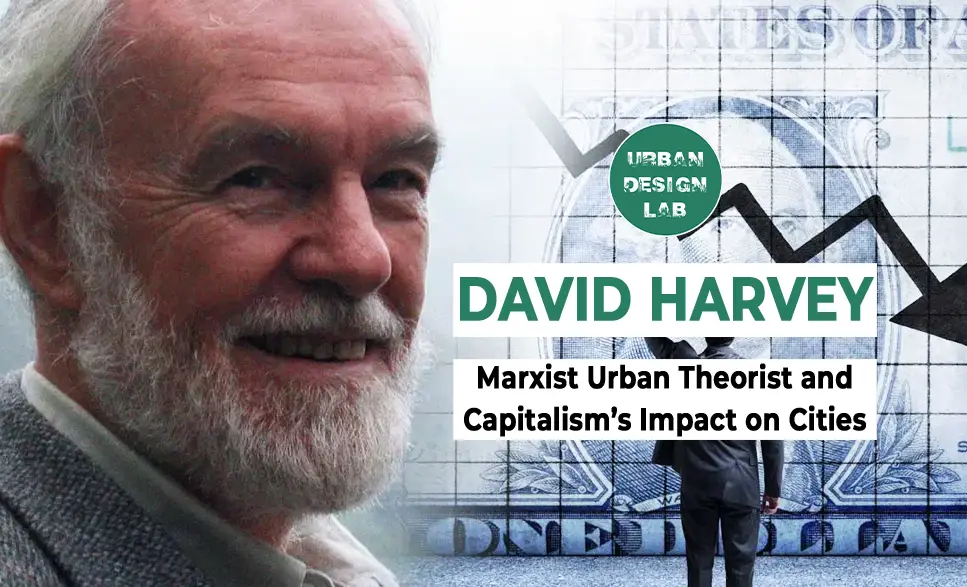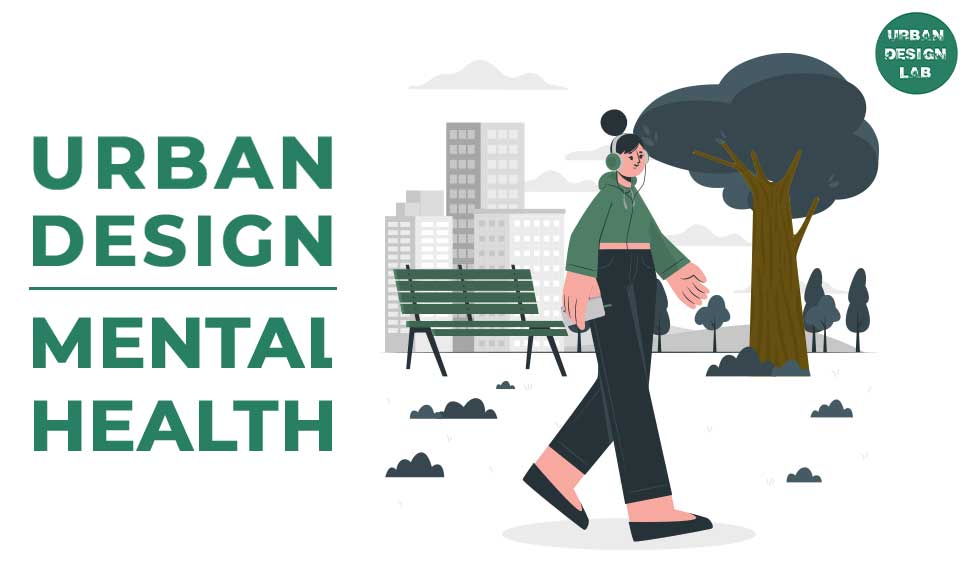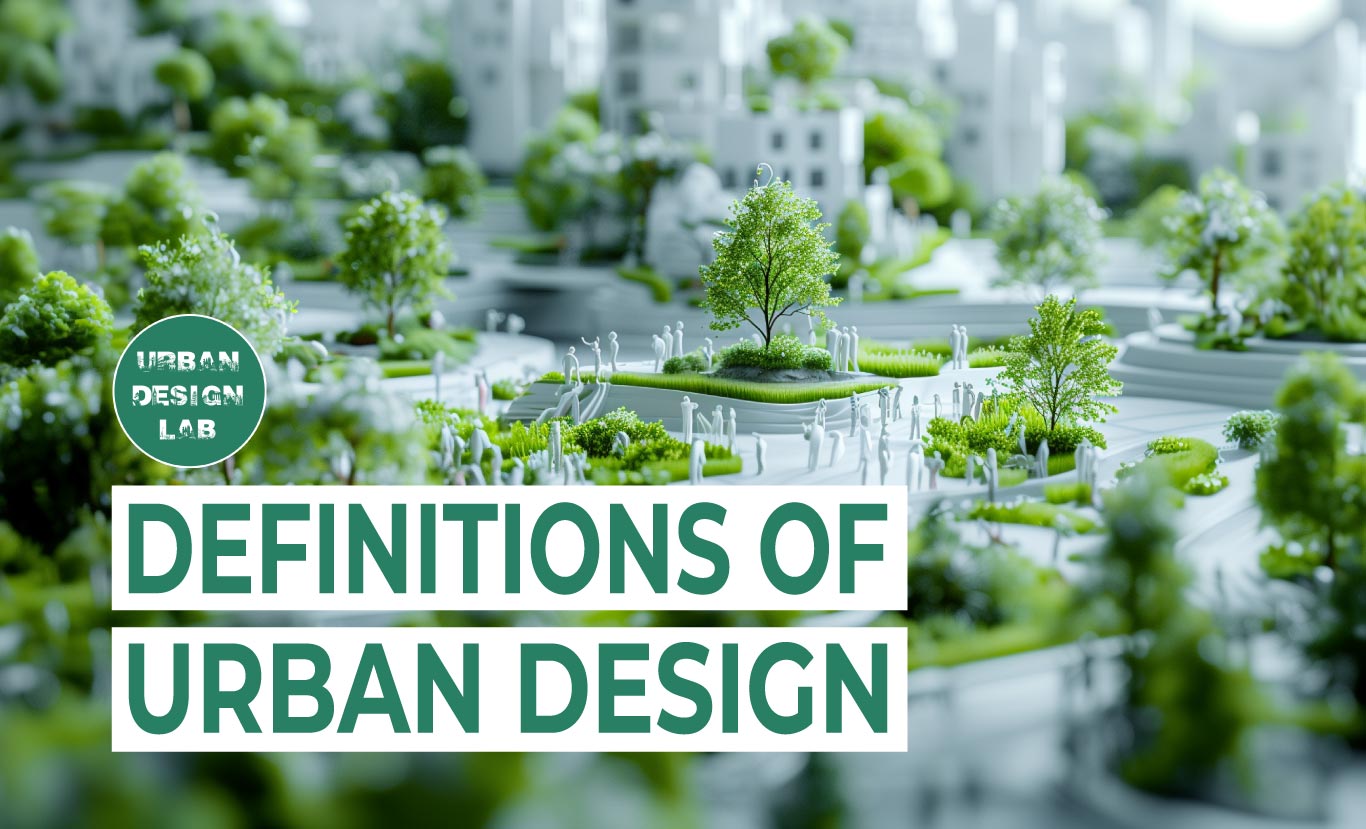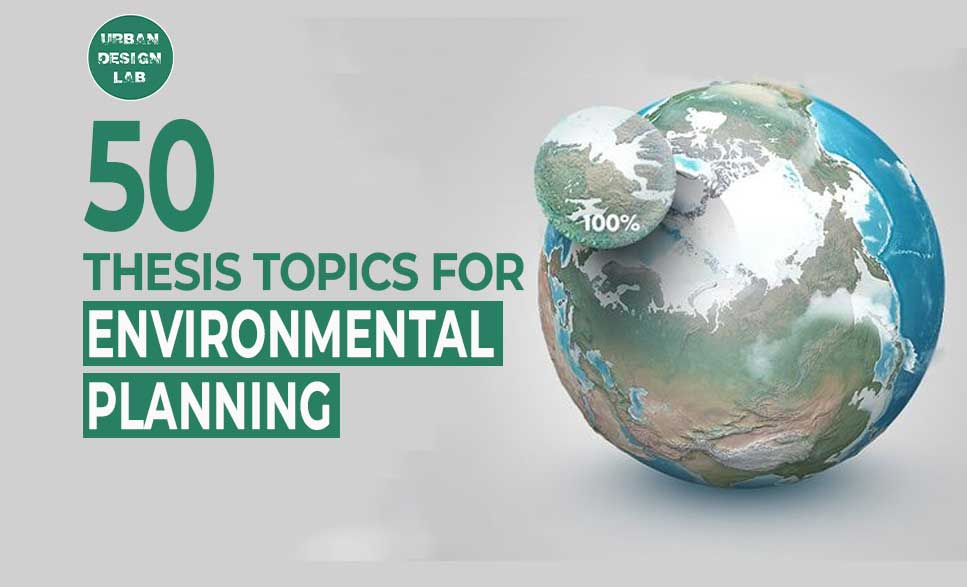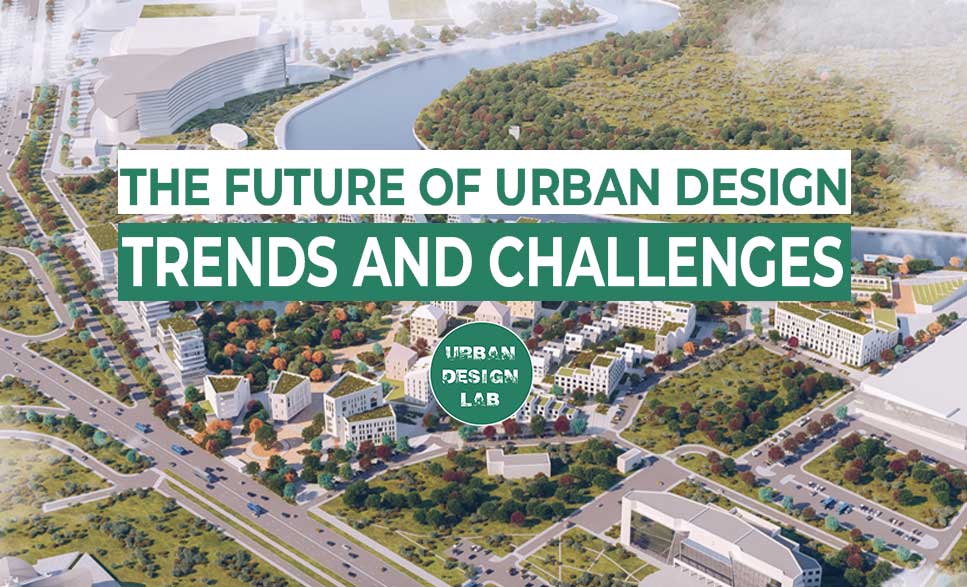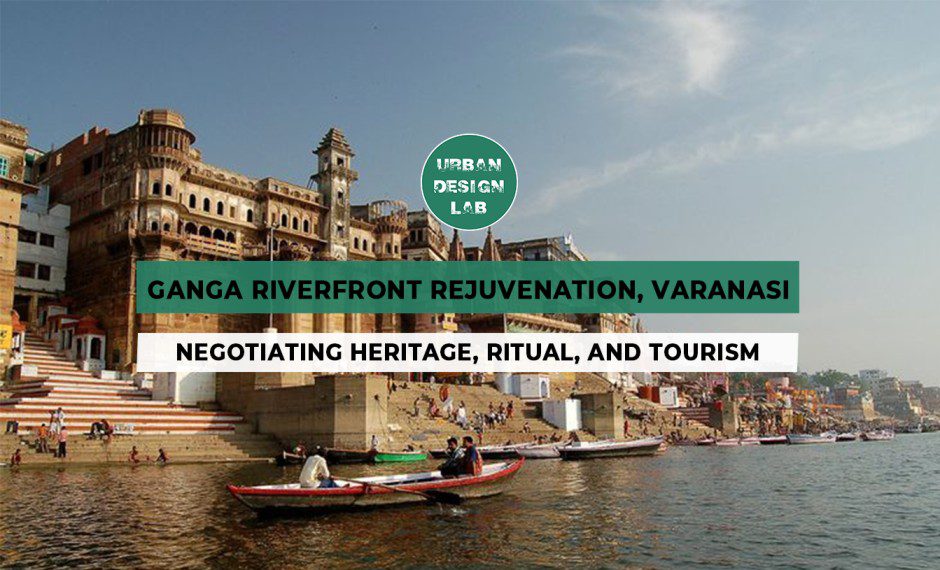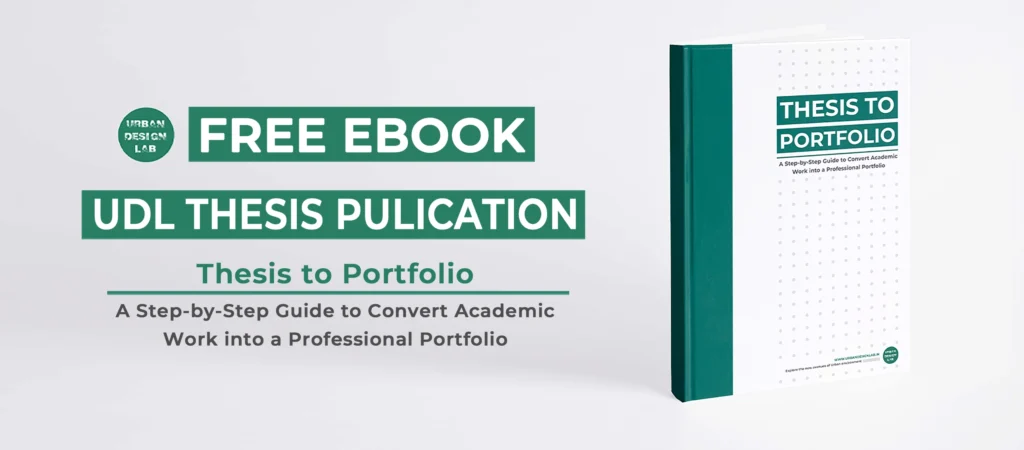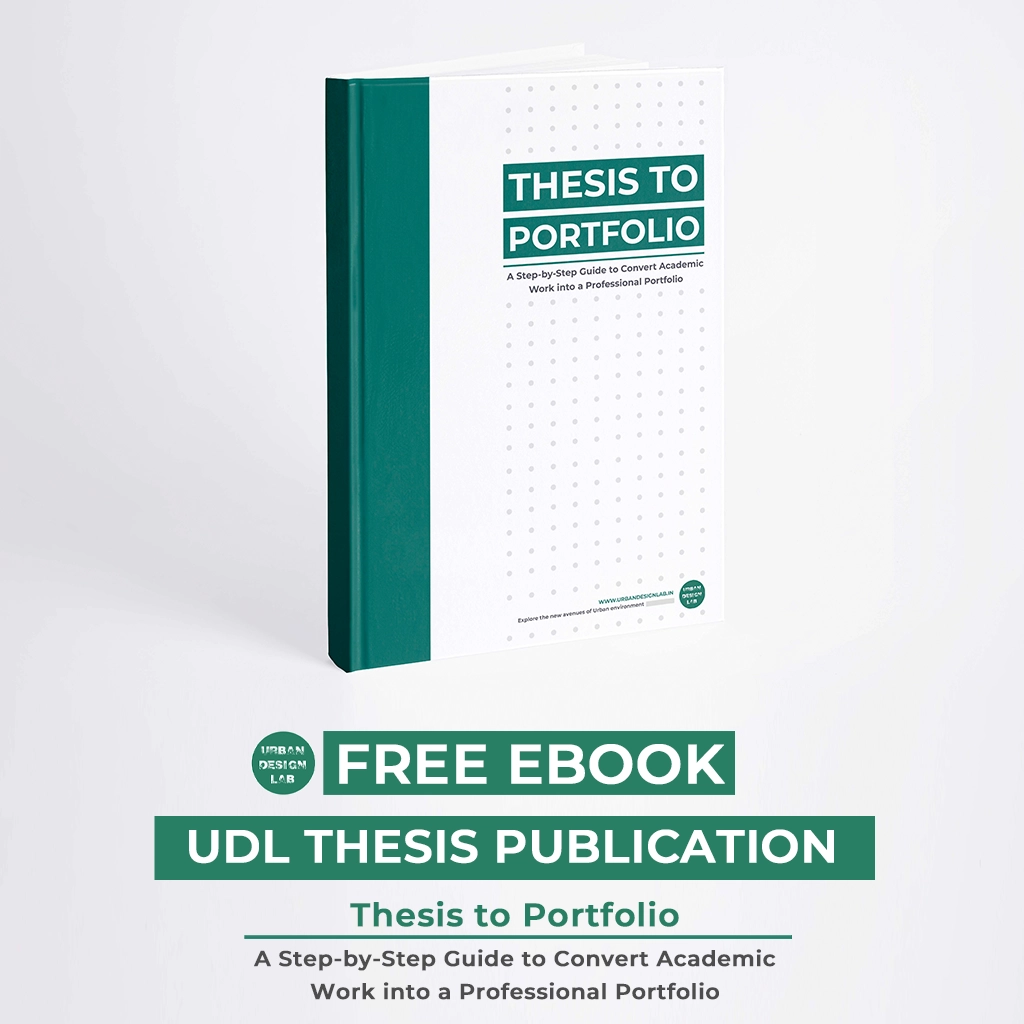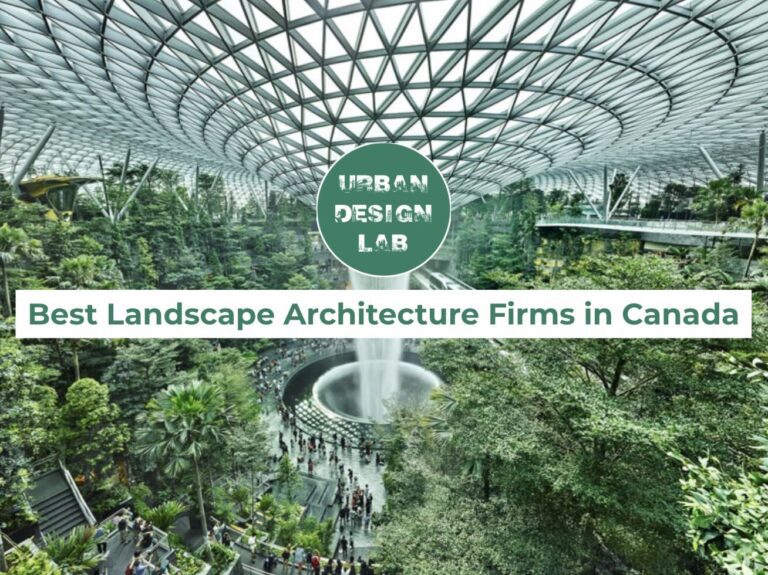
KORU Project, Turkey
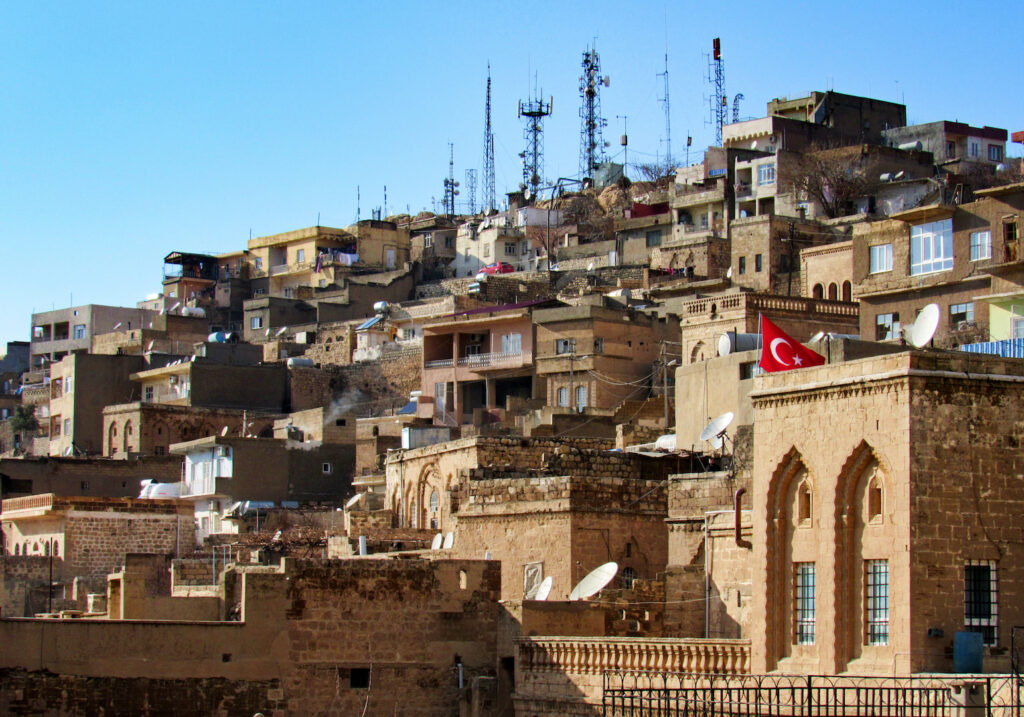
The KORU Project is working in Turkey to protect the rich heritage in the southern cities of Mardin and Antakya. The project is run in partnership with Kültürel Mirasın Korunmasında Kapasite Geliştirilmesi (Association for the Protection of Cultural Heritage), who are based in Istanbul, and is funded by the British Council’s Cultural Protection Fund in partnership with the Department for Digital, Culture, Media and Sport.
Running for three years until March 2020, the project has documented buildings-at-risk, renovated and improved the energy efficiency of a historic tenement, developed heritage conservation training and workshops for among local communities, increased capacity of heritage managers in Turkey and Edinburgh, and helped implement a sustainability programme for historic sites. This included energy efficiency measures and associated training as well as a sustainability declaration for architects and engineers.
The KORU project involved a wide range of professionals from Turkey and Scotland including: Edinburgh World Heritage, KMKD, the British Council, the Museum of Mardin, Smith Scott Mullan, and local conservation offices in municipalities in Turkey.
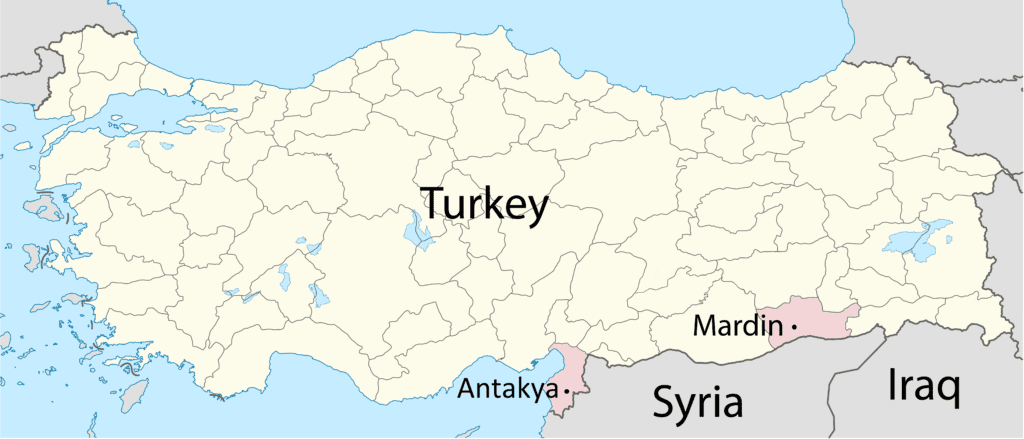
Where is the project taking place?
The project has worked primarily in Mardin and in Antakya in south eastern Turkey, near the border with Syria.
Located in South East Anatolia, a major crossroads between Asia and Europe, the region has a rich and ancient history. This is reflected in its abundance of archaeological, architectural and cultural heritage sites influenced by Roman, Greek, Assyrians and Ottoman culture, to name just a few, and lies within the borders of Mesopotamia, the cradle of one of the world’s most ancient civilisations.
In more recent times, the close proximity of both Mardin and Antakya to Syria have seen the civil war occasionally spill over the border.
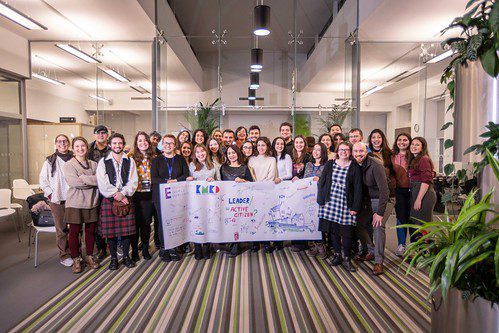
What is the project doing?
The project has four main pillars:
-
To document existing architectural heritage
-
Community engagement, learning and training
-
Energy efficiency and sustainability of historic cities
-
Safety – recognising that the work takes place in an area of conflict
1. Documenting Existing Architectural Heritage
The project is working to set up an online buildings-at-risk register (BARR) for Mardin and Antakya in order to document the historical buildings in the city and highlight those that are in greatest need of conservation and repair. The development of the BARR was informed by a study visit to Newcastle in 2018, where the English equivalent of the BARR is managed. We have completed the surveys of Mardin and Antakya with 1076 buildings recorded and analysed in Mardin and Antakya. The database will be available to view on the KMKD website and shared with the two local municipalities and independent heritage professionals who can use it to prioritise future conservation projects. We have developed the BARR as a starting point with the idea that it can be expanded and new cities added in the future.
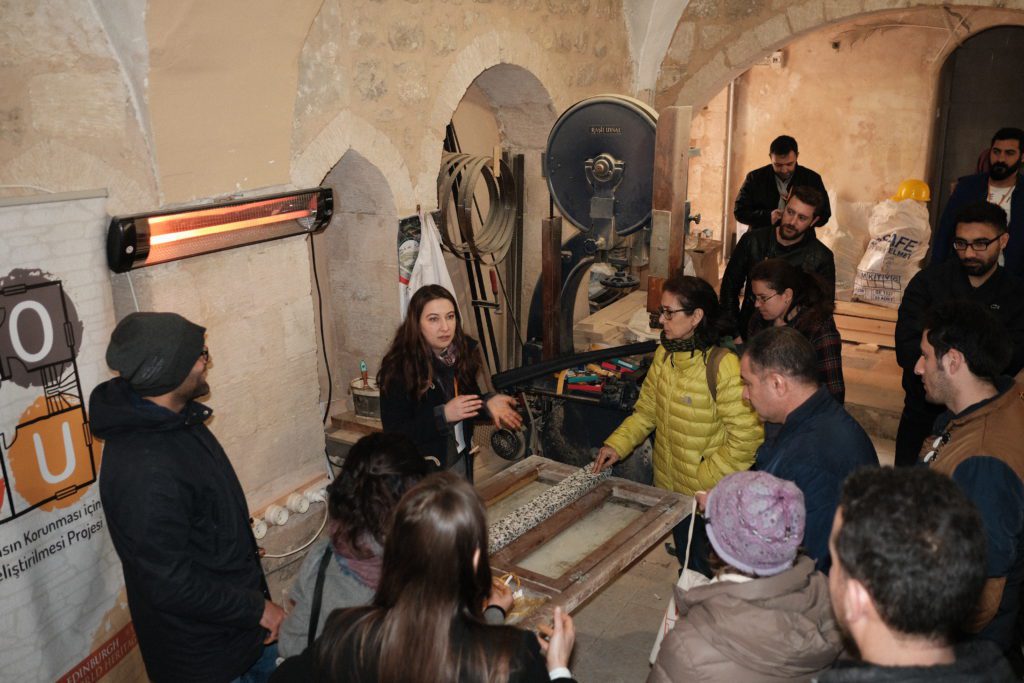
2. Community engagement, learning and training
The KORU project has designed and implemented a comprehensive training programme for the multitude of stakeholders involved in the heritage restoration and conservation process. We have organised 18 training sessions over the course of the project with a total of 259 attendees. They include: practical training on maintenance for stone masons at St. Mary’s Cathedral Workshop, carpenters and historic property owners; conservation management and awareness training for heritage professionals and teachers in the public and private sector; and best practice guidance for professional tourist guides and journalists who report on conservation and culture. Some of the trainers included Edinburgh-based experts and professionals who worked alongside local specialists. This approach added another layer of effective capacity building through learning and exchange of expertise between both sides of the project.
3. Implementing a sustainability program for historic sites
In recent years, the historic centre of Mardin has witnessed depopulation as people move to newly-built apartment blocks that offer a more contemporary lifestyle. This is not too dissimilar to problems Edinburgh was facing in the Old Town in the 1960s and 70s. In order to help stem this trend the KORU project took on the restoration of a traditional house.
4. Safety – recognising that the work takes place in an area of conflict
The final focus of the project was to address the issues that arise from being in proximity to conflict. This included the safety of any staff and partners involved in the delivery of the project. As well as developing thorough security policies we also delivered two security related trainings: one on personal safety and threat awareness for tour guides, and one on the principle of ‘secure by design’, a method used in Scotland that emphasises security in the design stage of buildings or public realm.
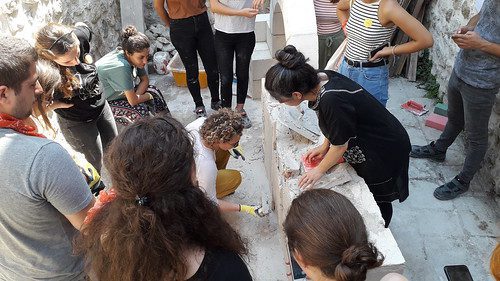
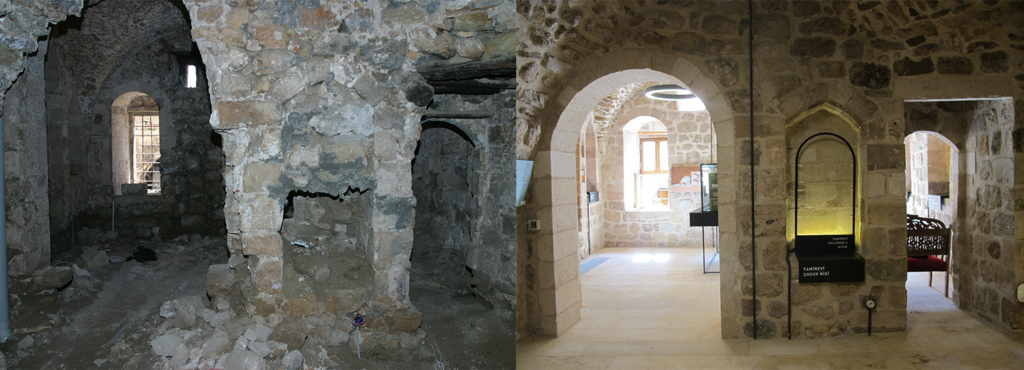
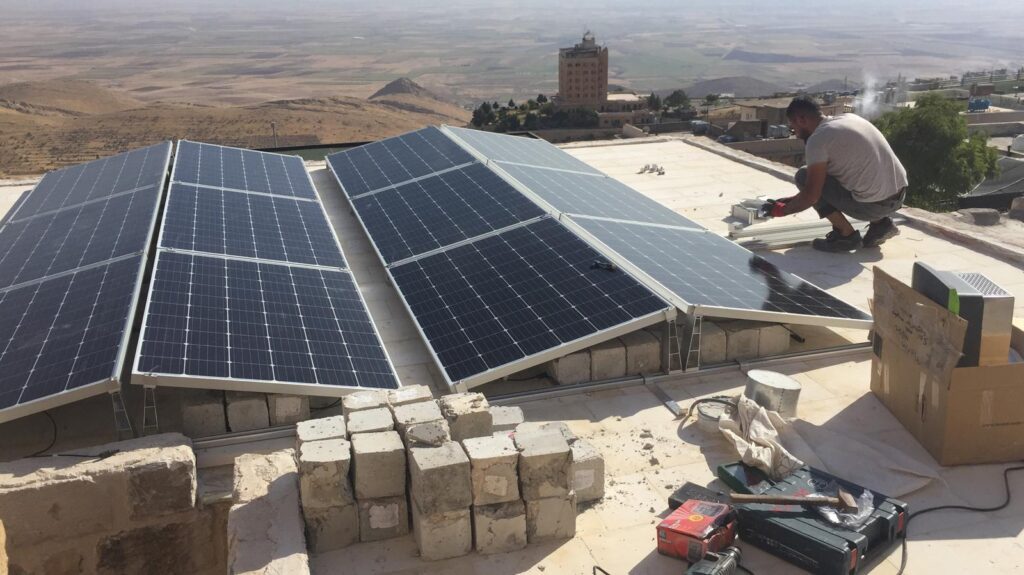
Architects: Edinburgh World Heritage
Location: Turkey
Funded by: British Council’s Cultural Protection Fund
Status: Ongoing
Project Year: 2020
Related articles

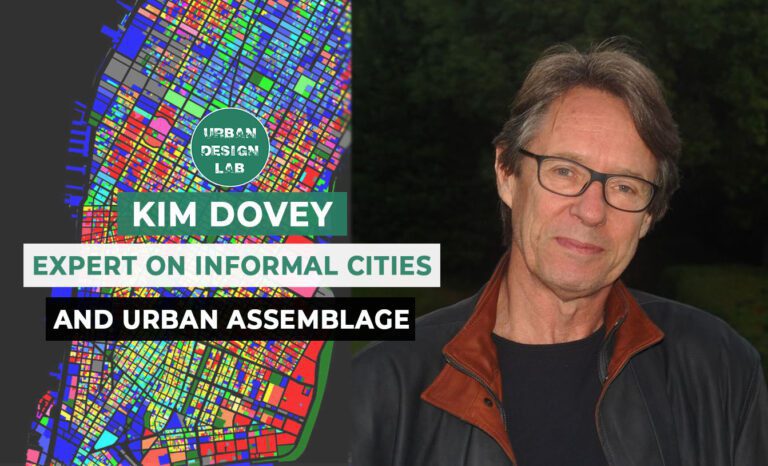
Kim Dovey: Leading Theories on Informal Cities and Urban Assemblage
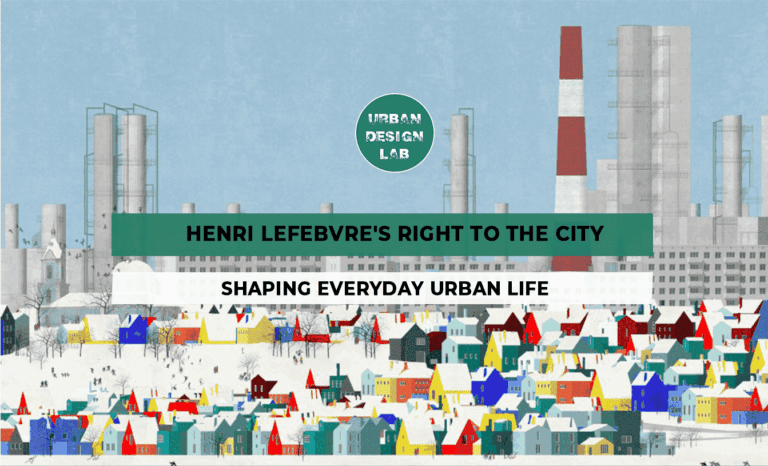
Henri Lefebvre’s Right to the City: Shaping Everyday Urban Life
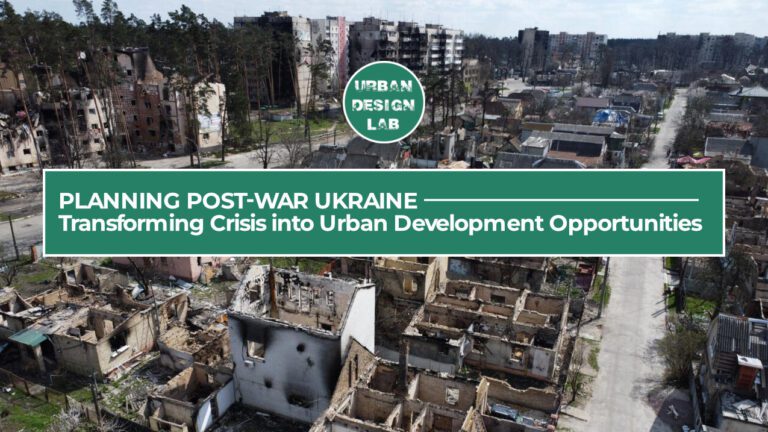
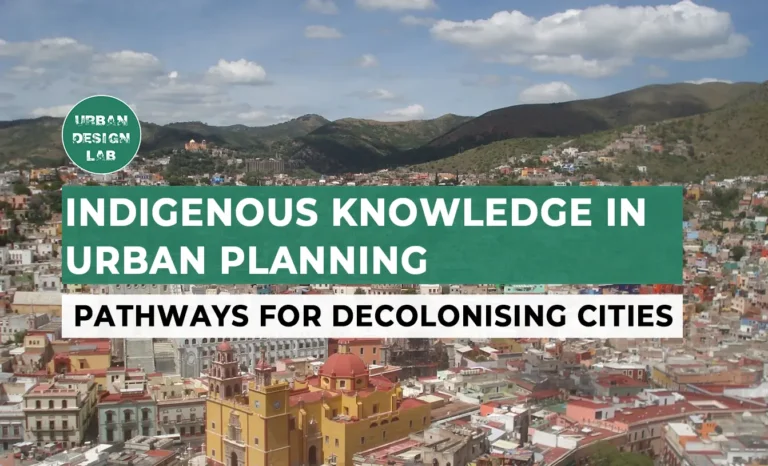
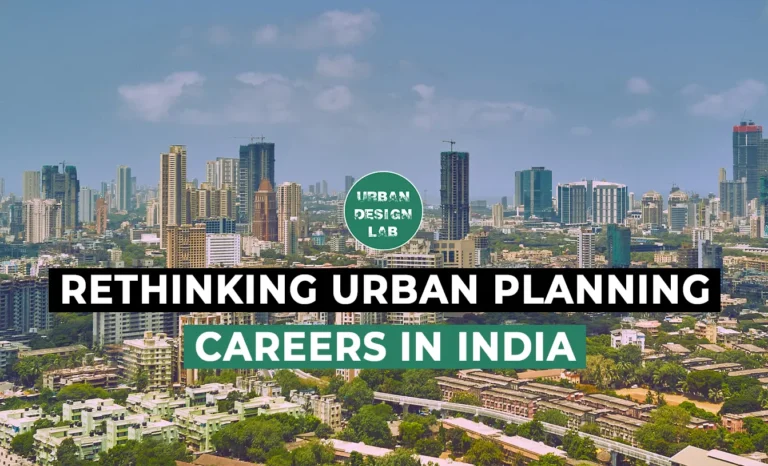
Rethinking Urban Planning Careers in India
UDL GIS
Masterclass
GIS Made Easy – Learn to Map, Analyse, and Transform Urban Futures
Session Dates
23rd-27th February 2026

Urban Design Lab
Be the part of our Network
Stay updated on workshops, design tools, and calls for collaboration
Curating the best graduate thesis project globally!
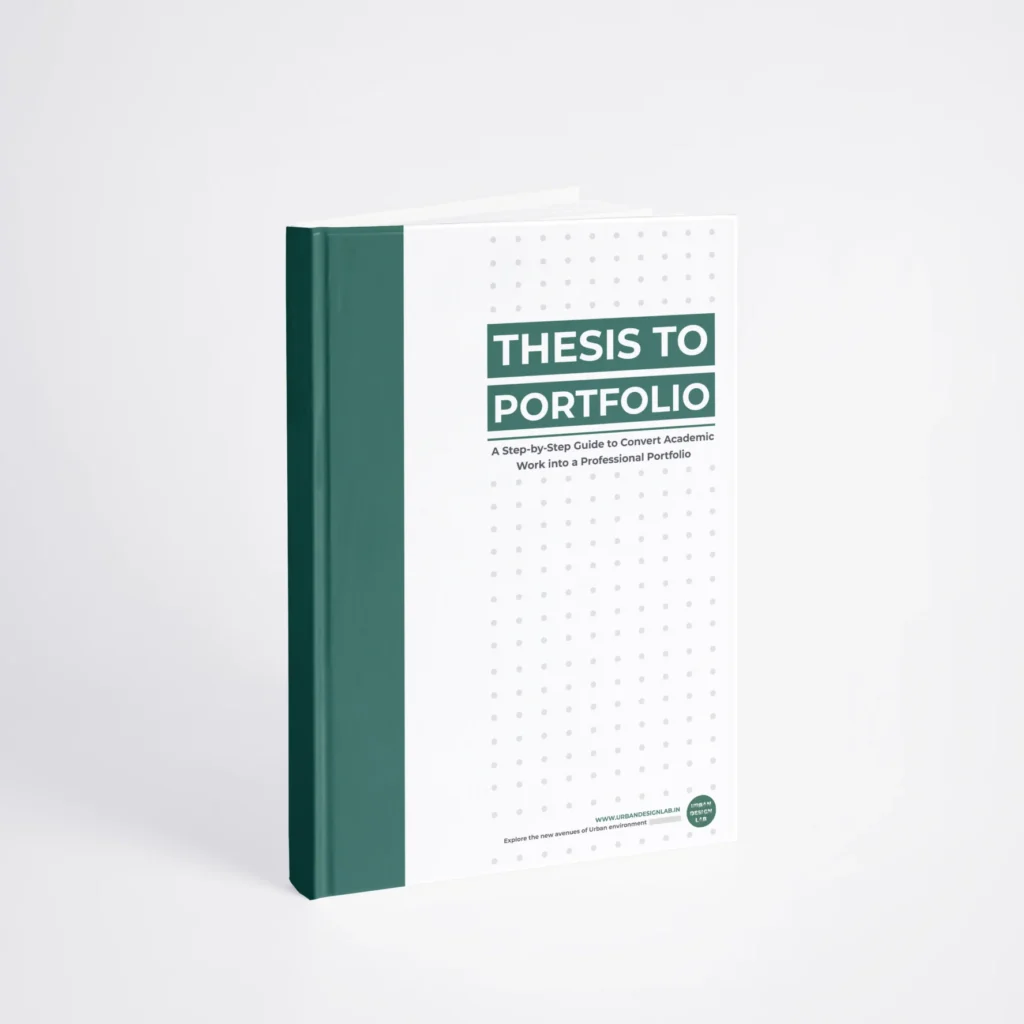
Free E-Book
From thesis to Portfolio
A Guide to Convert Academic Work into a Professional Portfolio”
Recent Posts
- Article Posted:
- Article Posted:
- Article Posted:
- Article Posted:
- Article Posted:
- Article Posted:
- Article Posted:
- Article Posted:
- Article Posted:
- Article Posted:
- Article Posted:
- Article Posted:
Sign up for our Newsletter
“Let’s explore the new avenues of Urban environment together “

